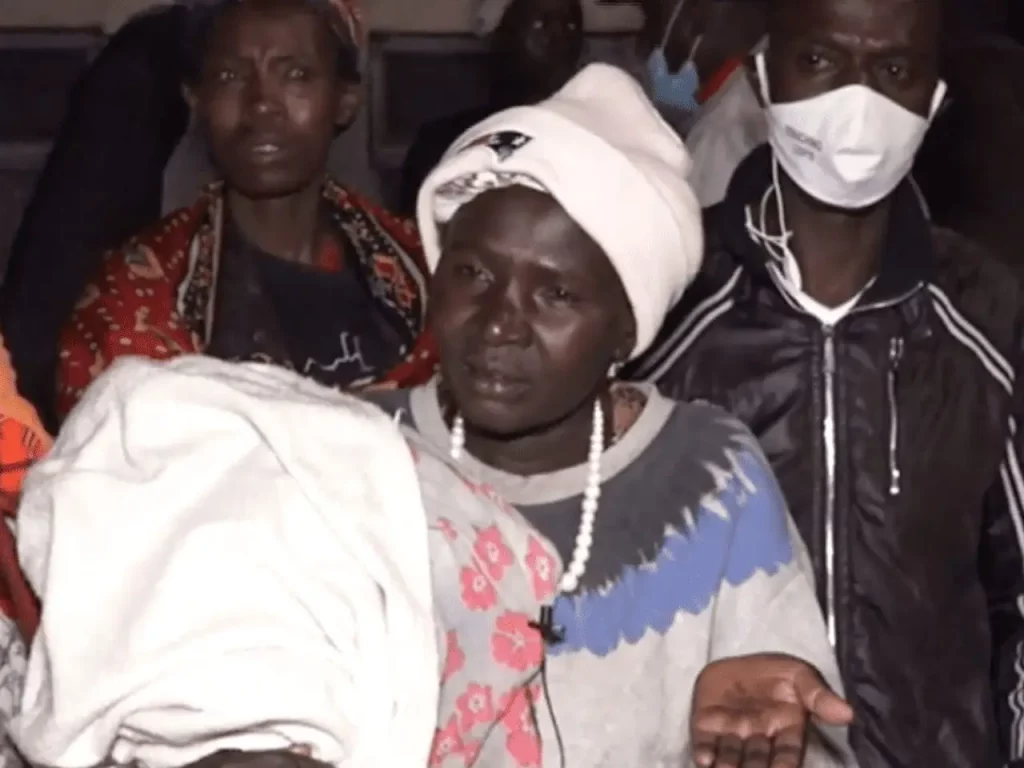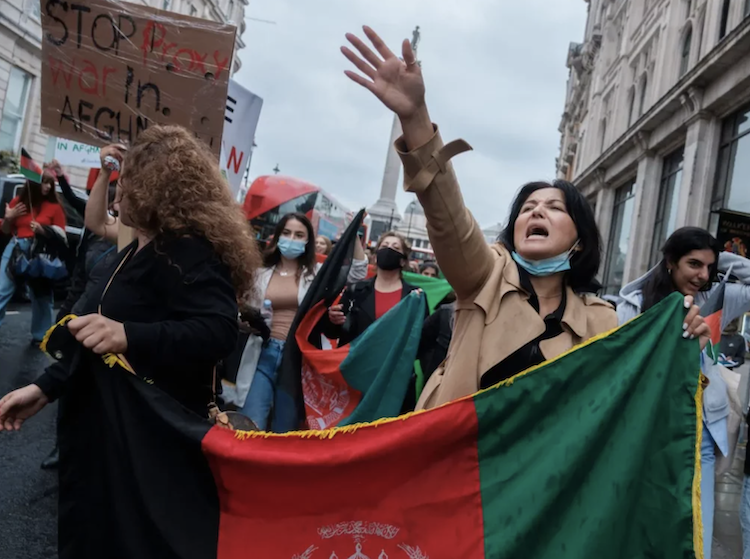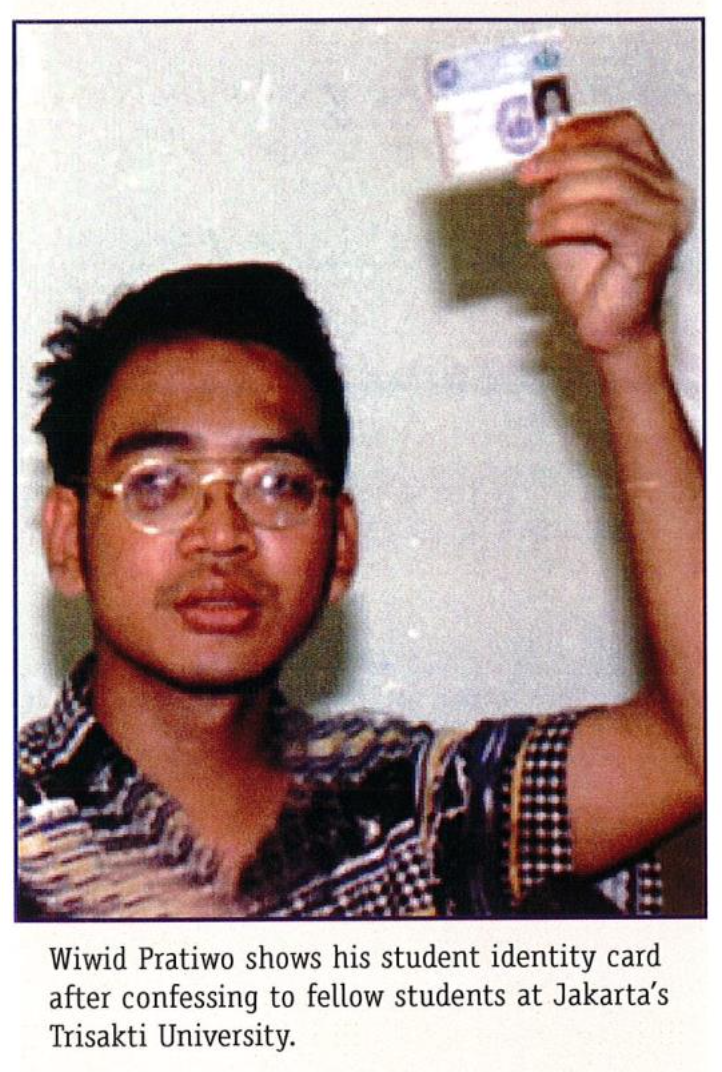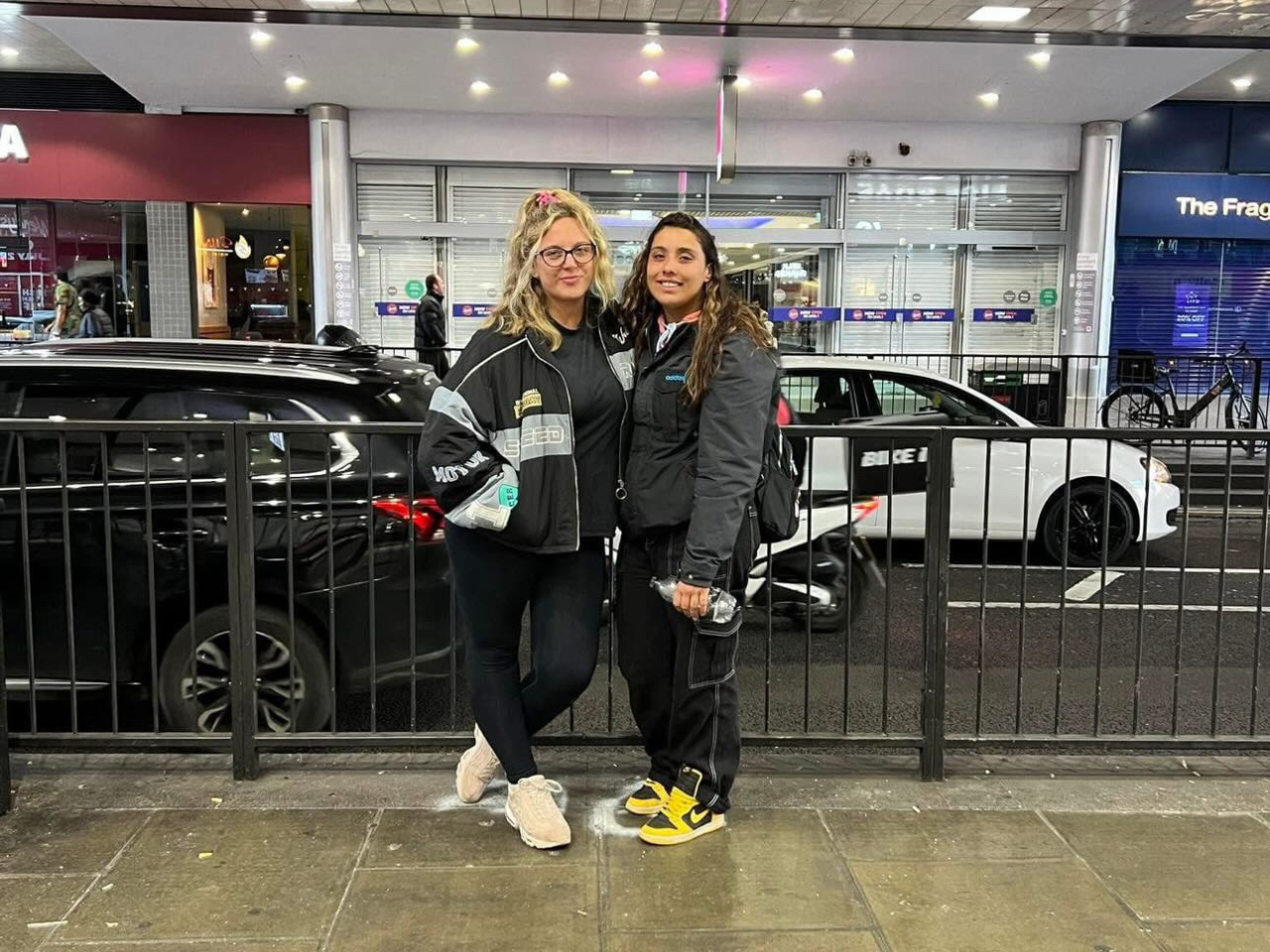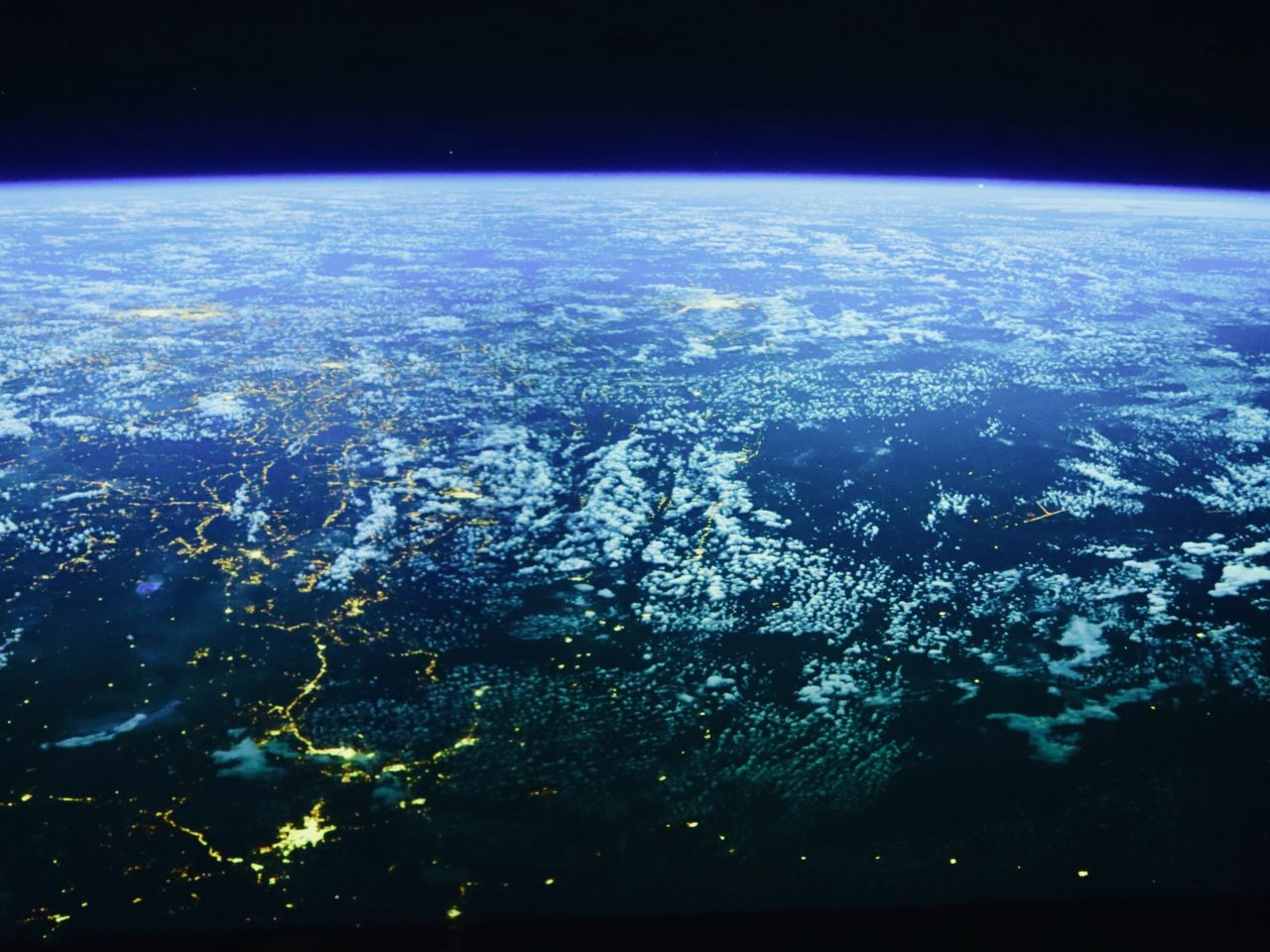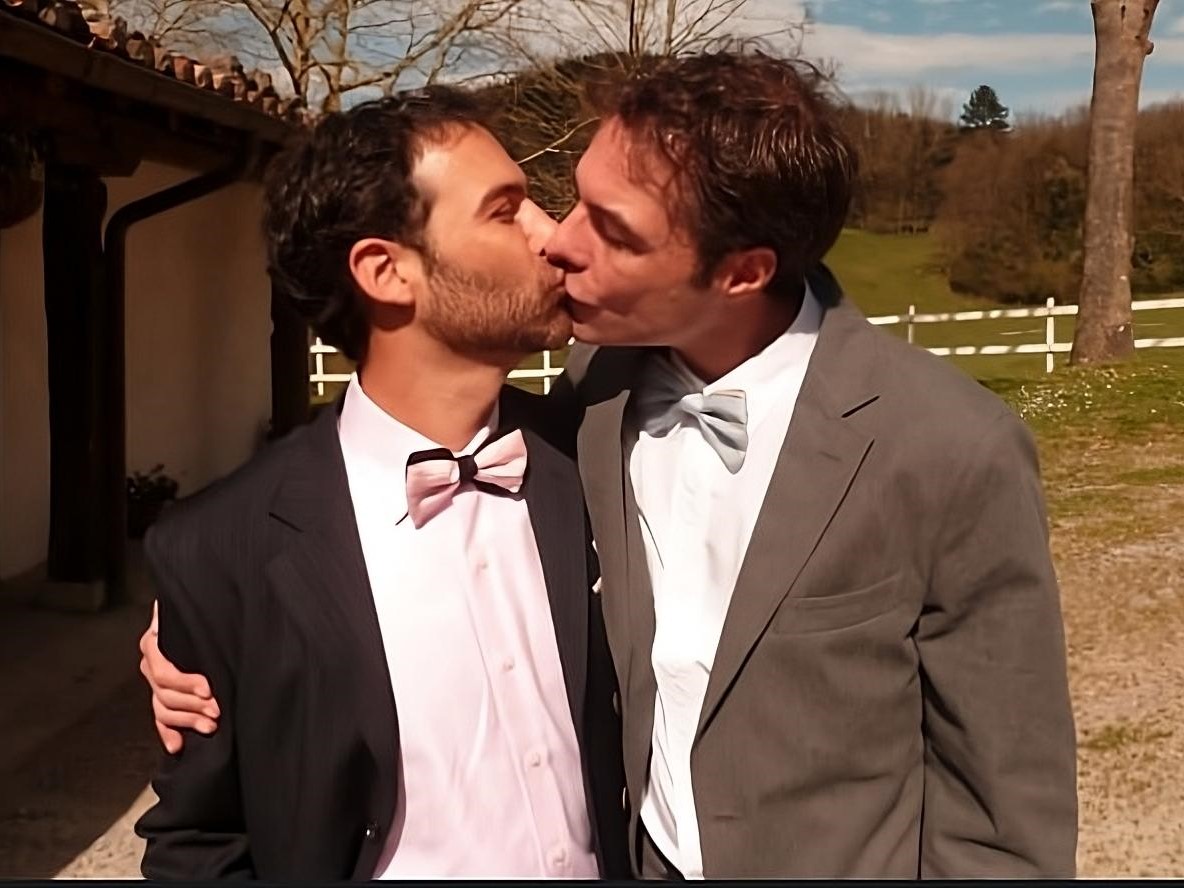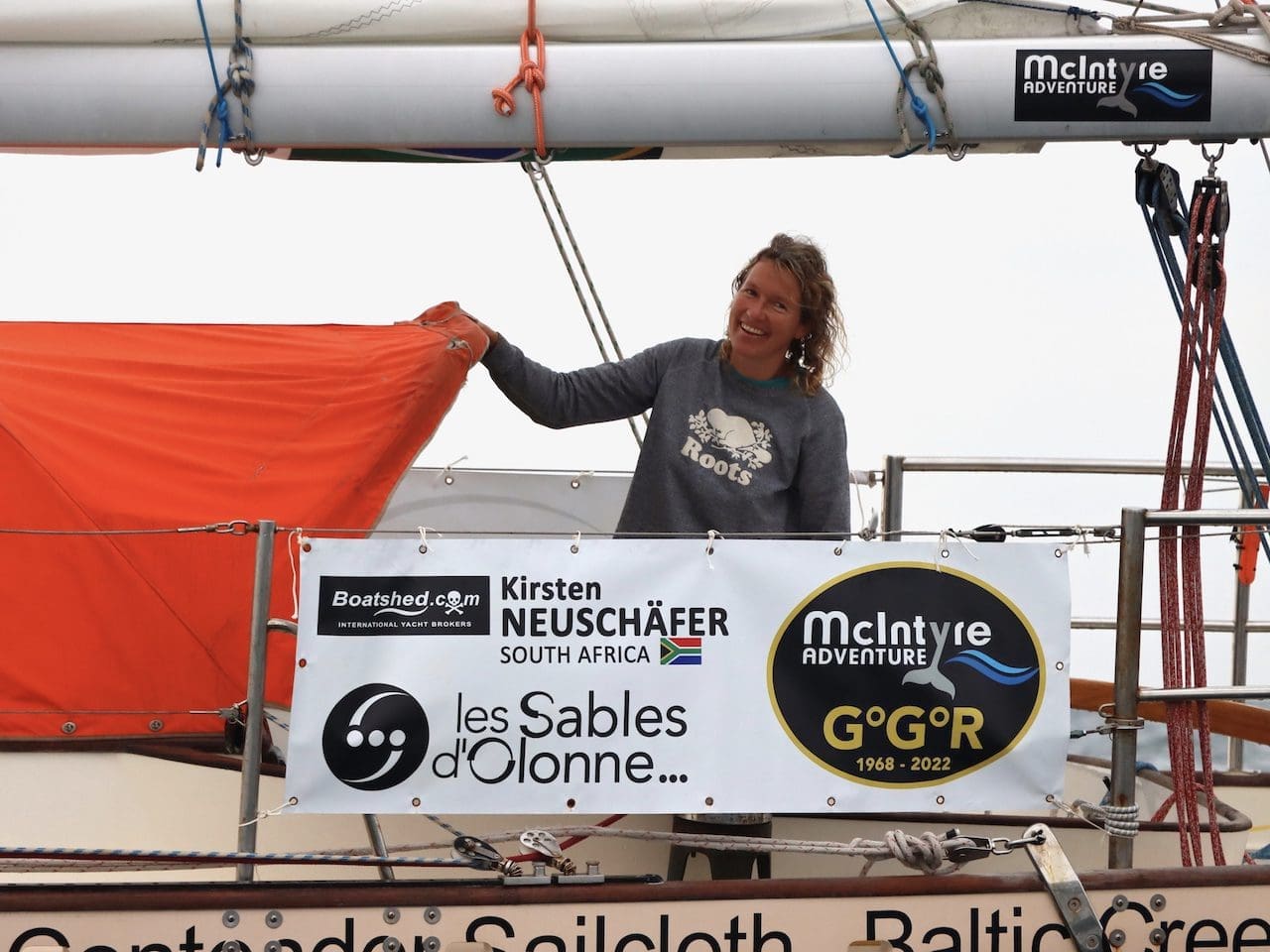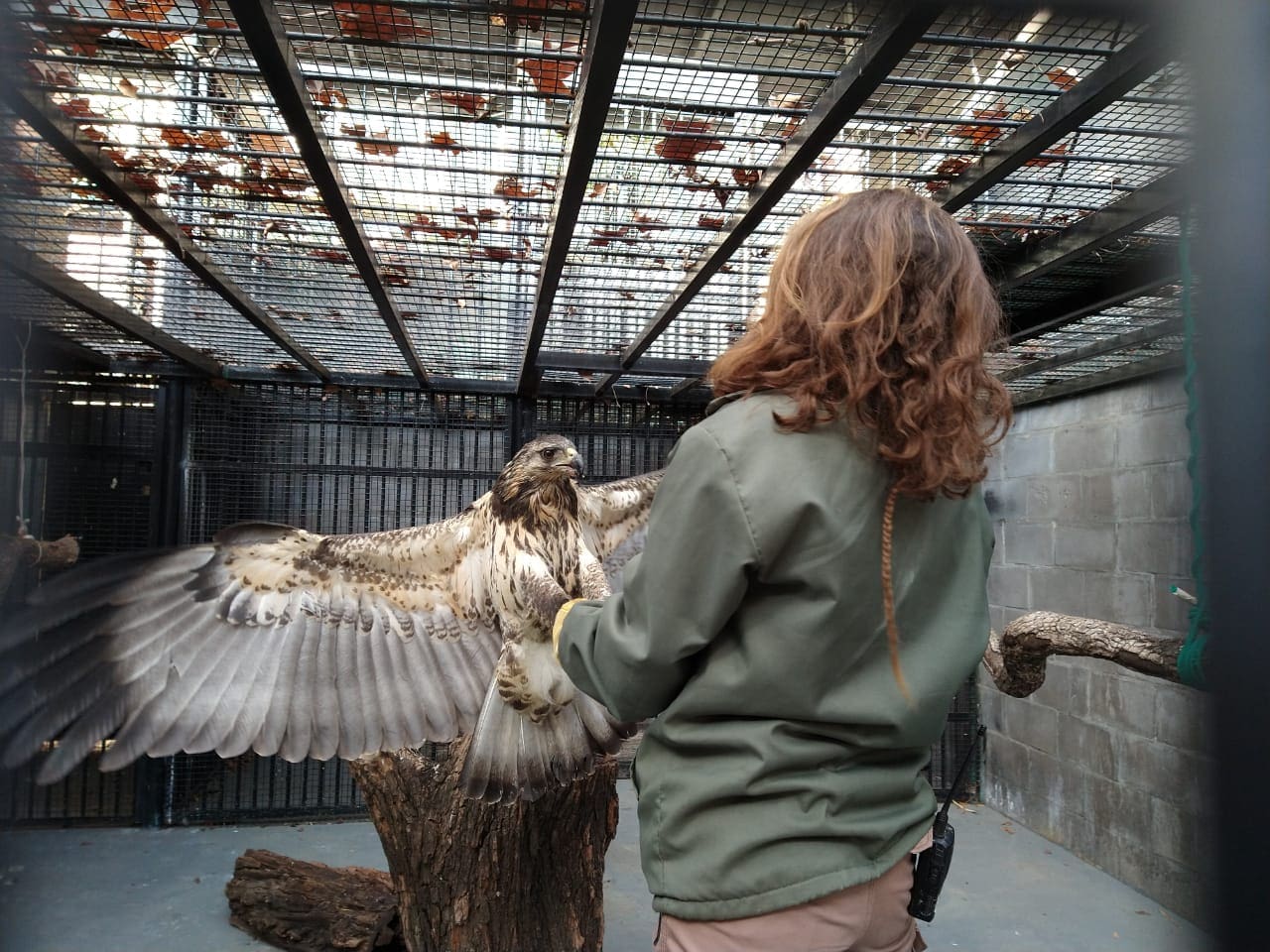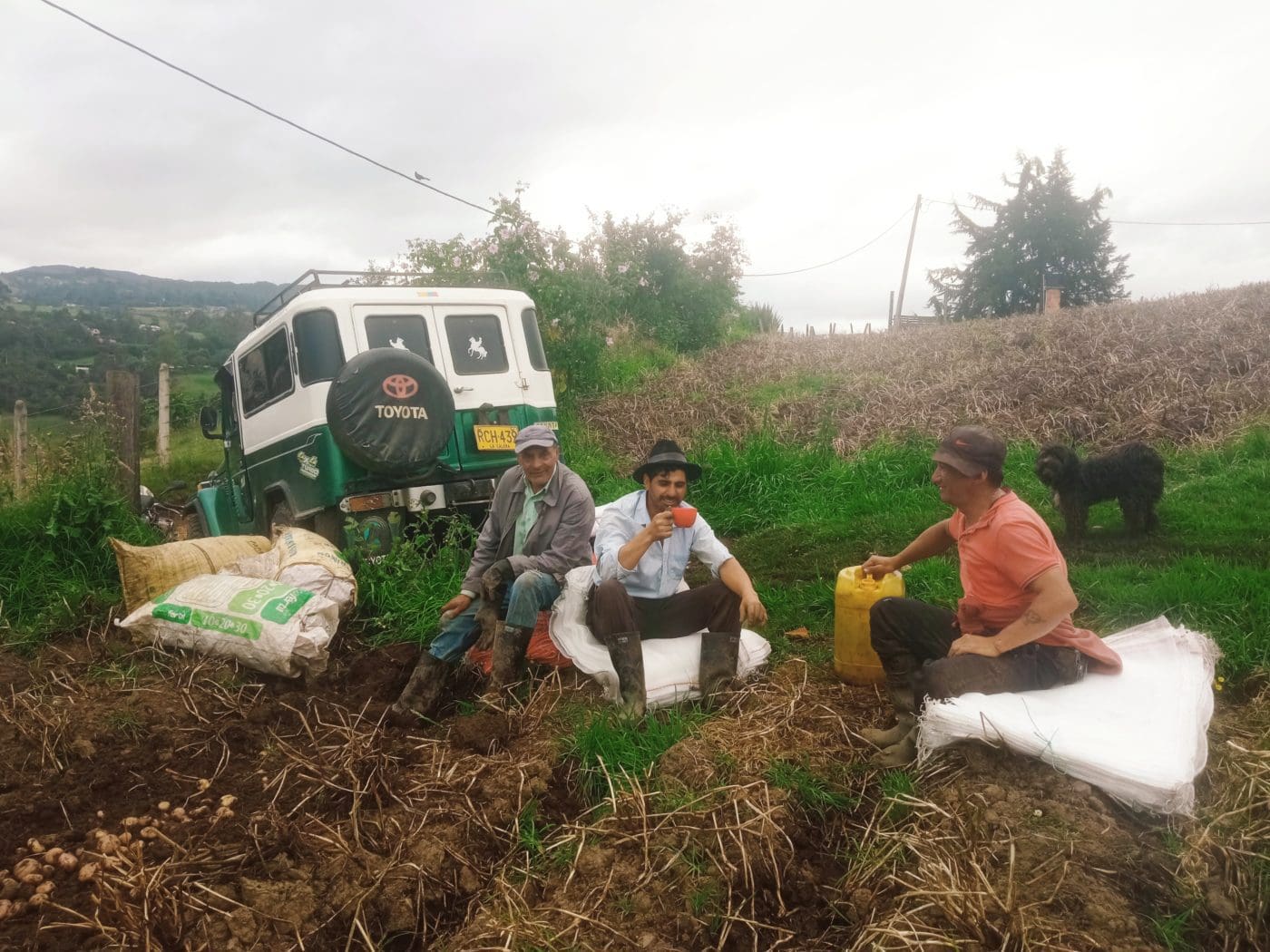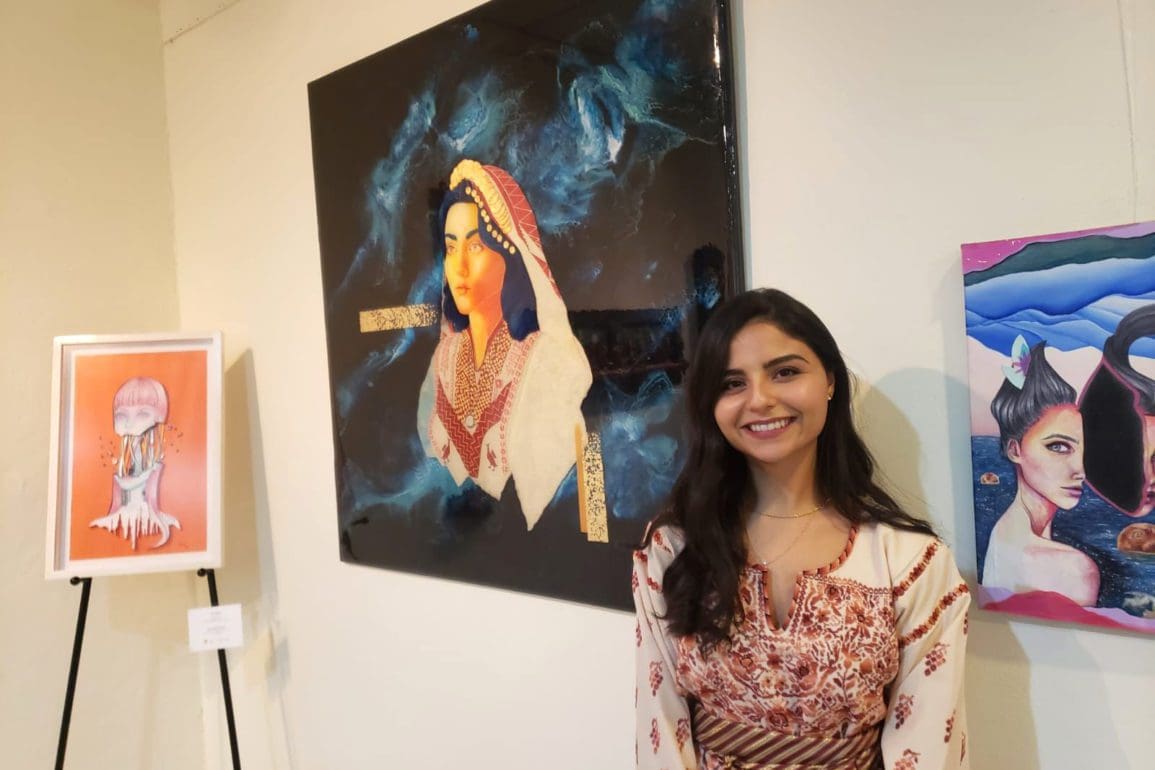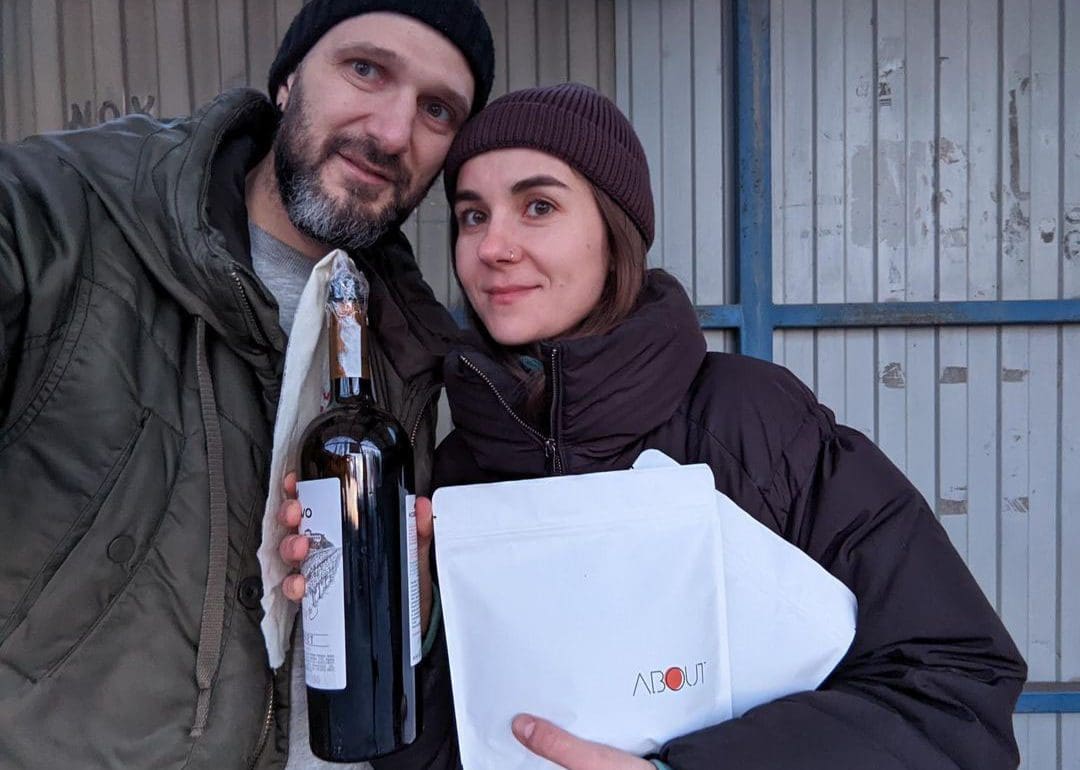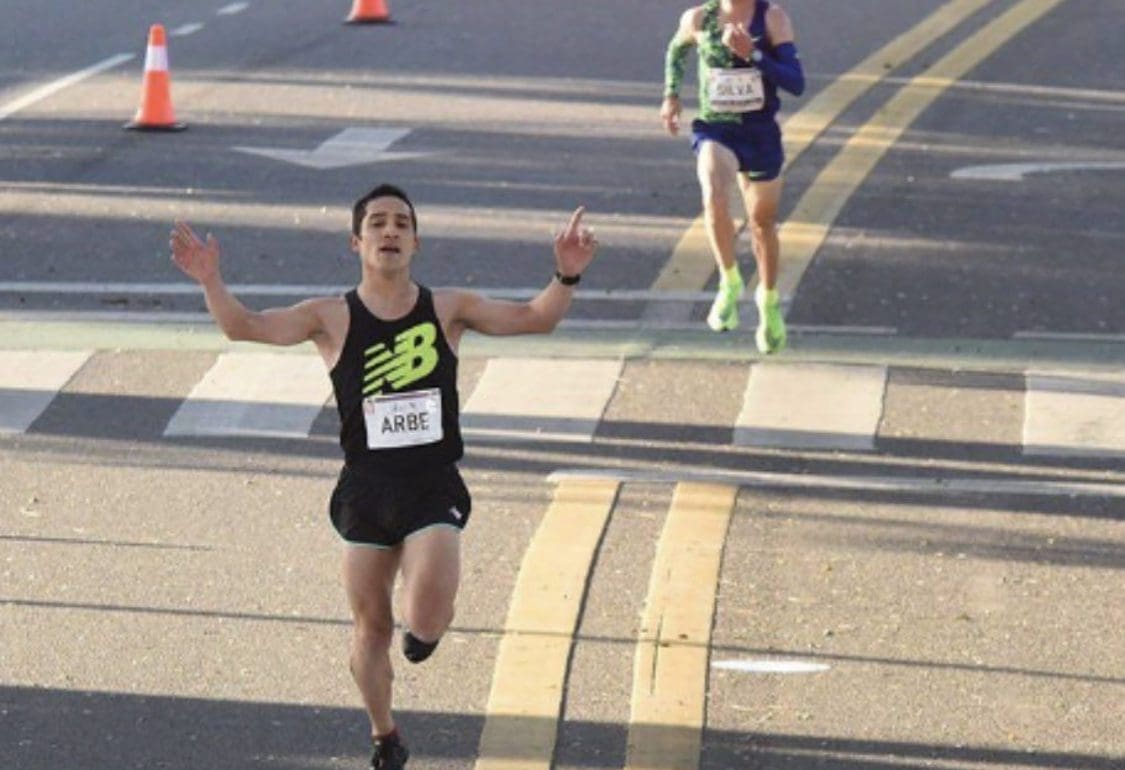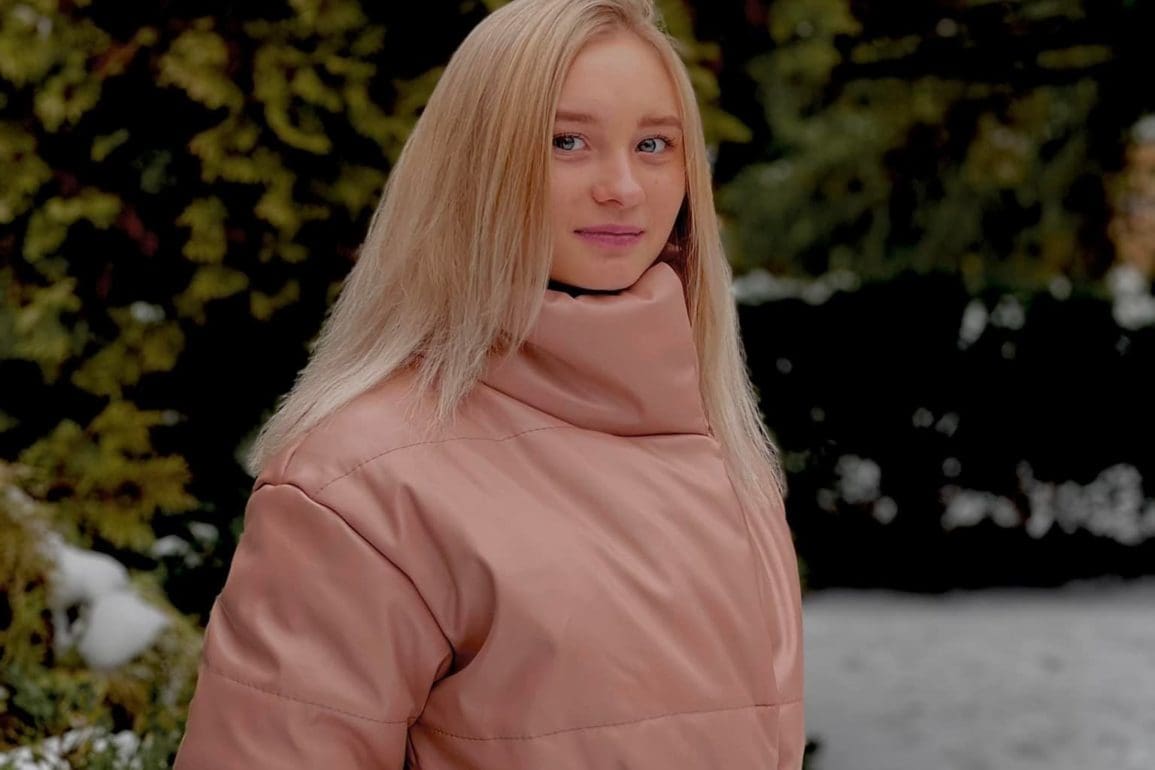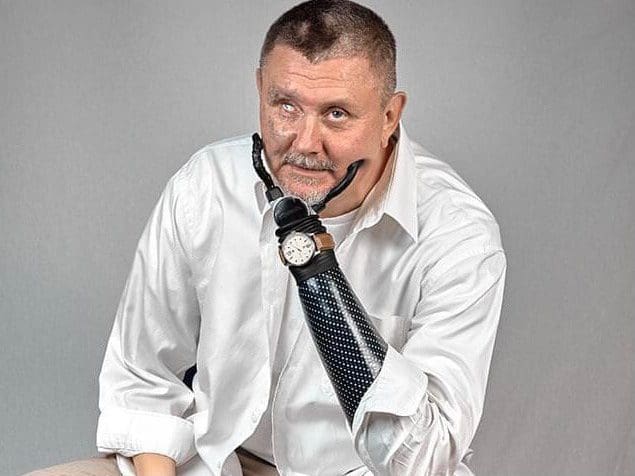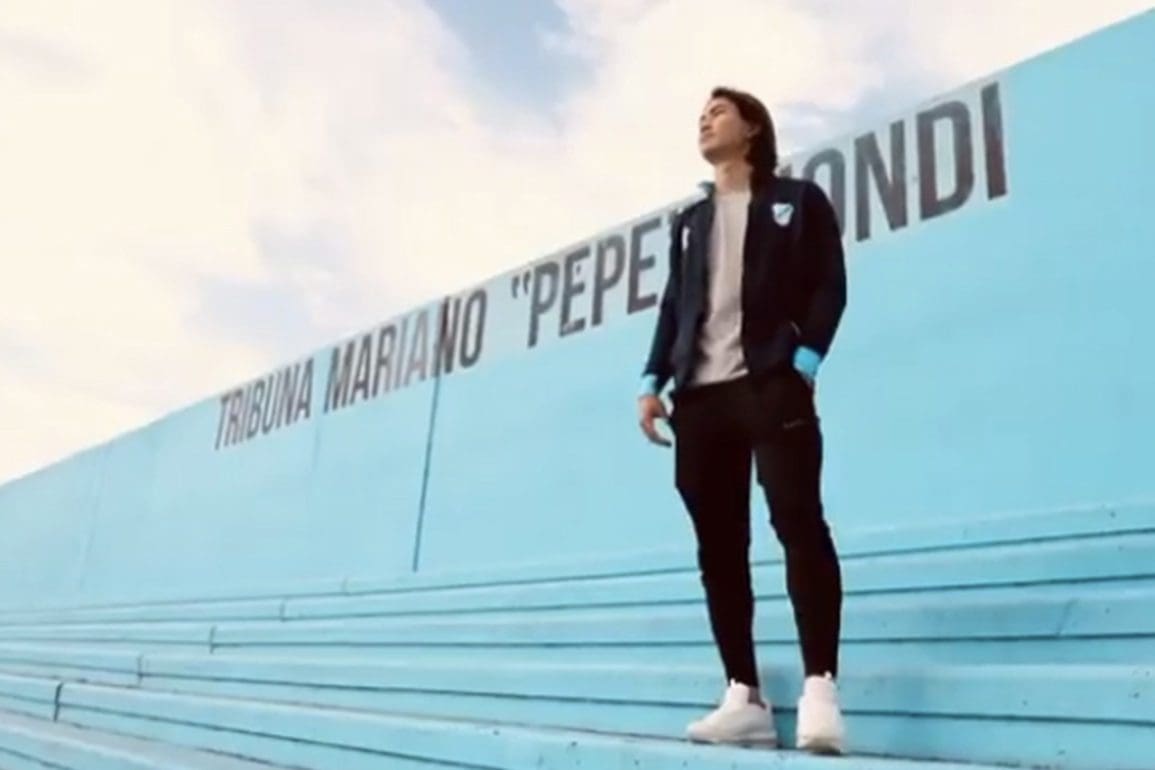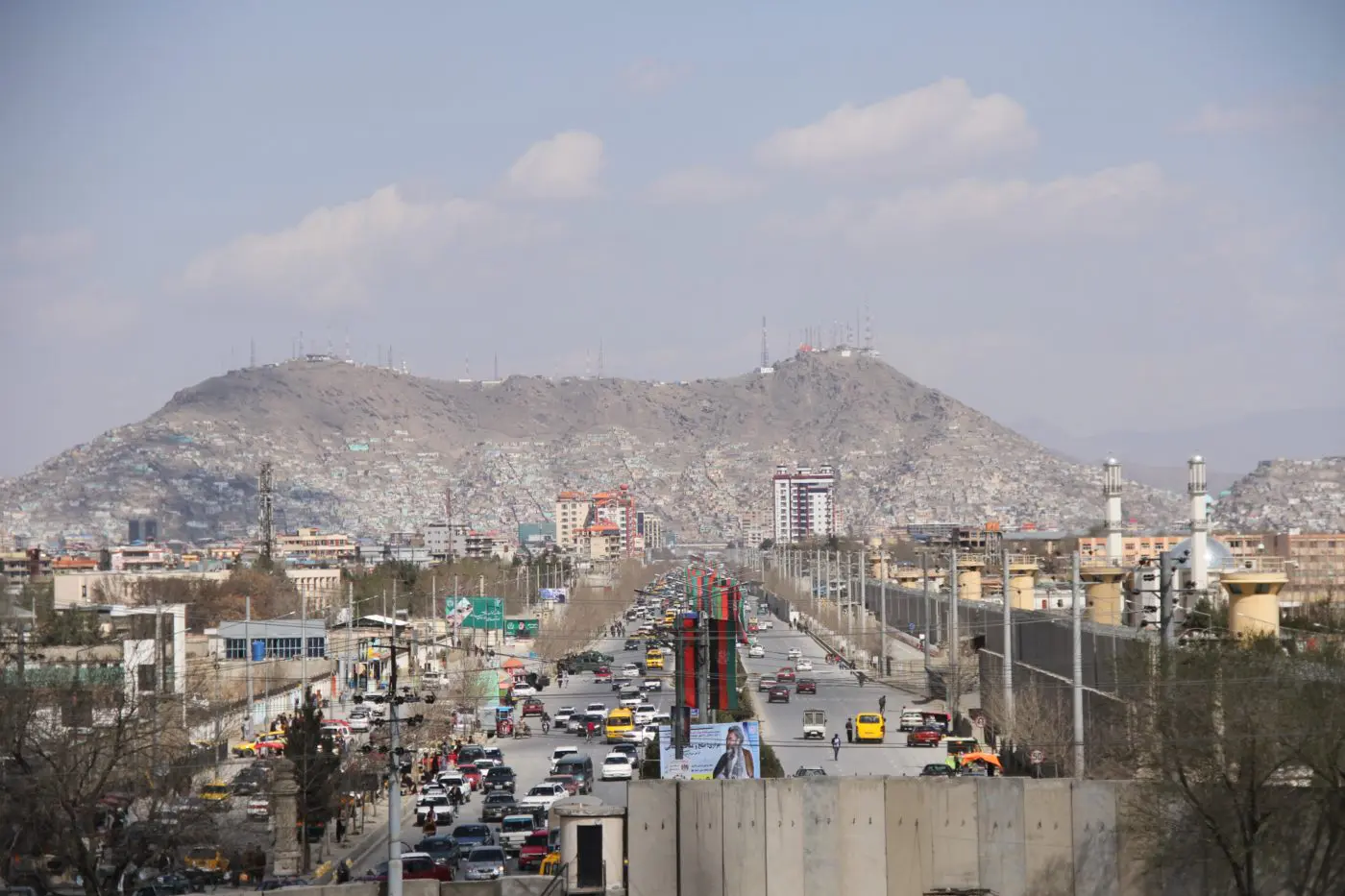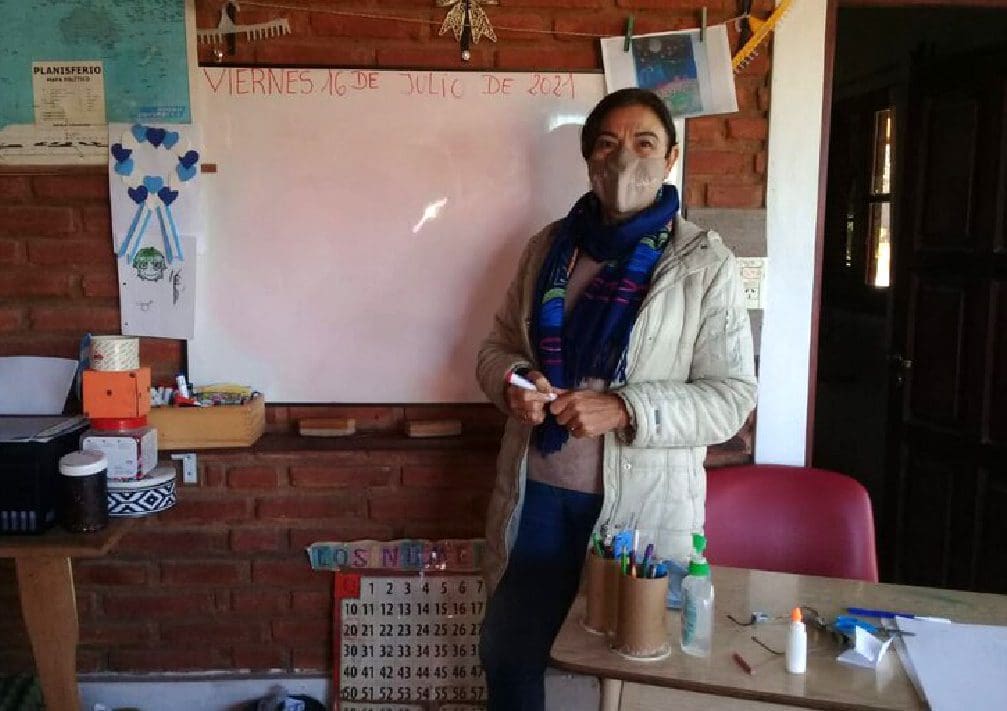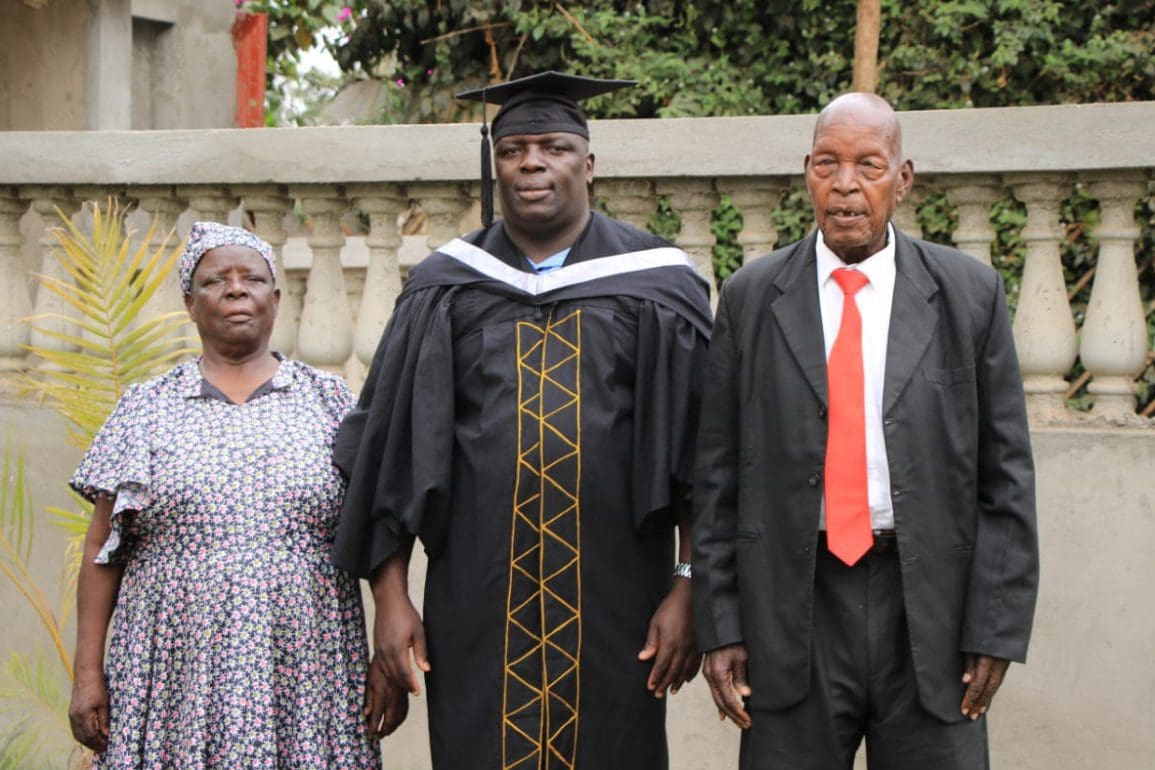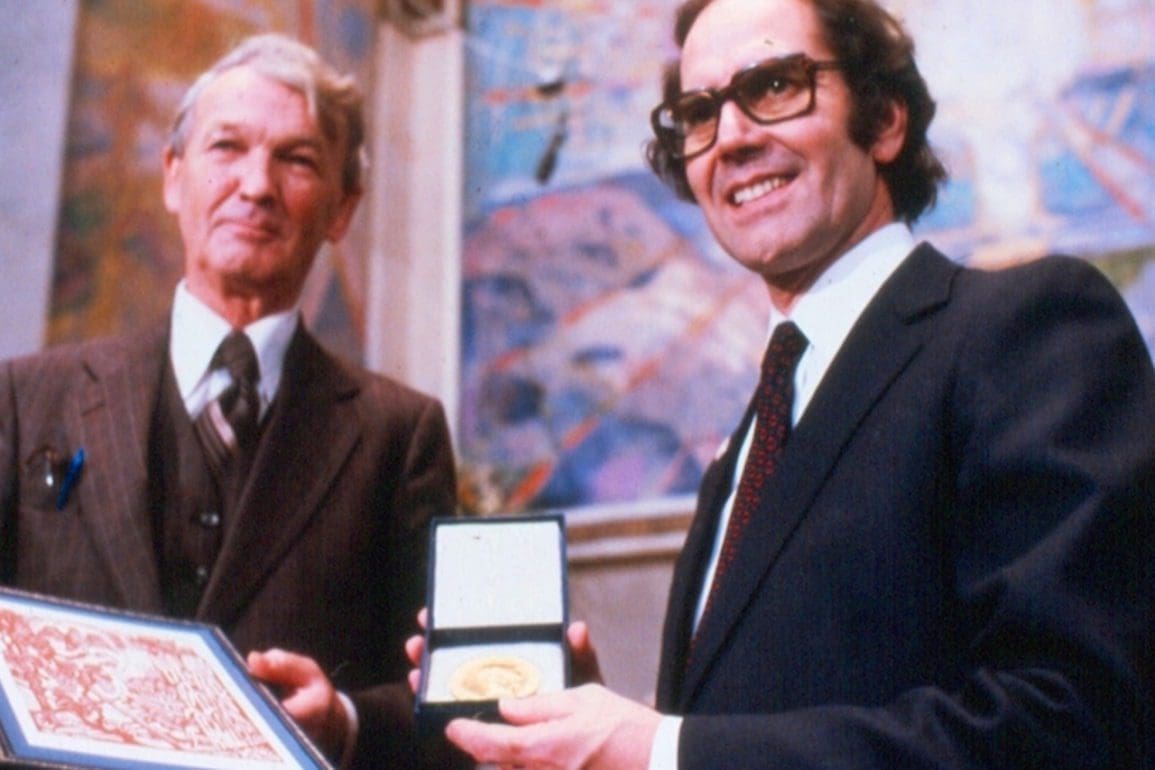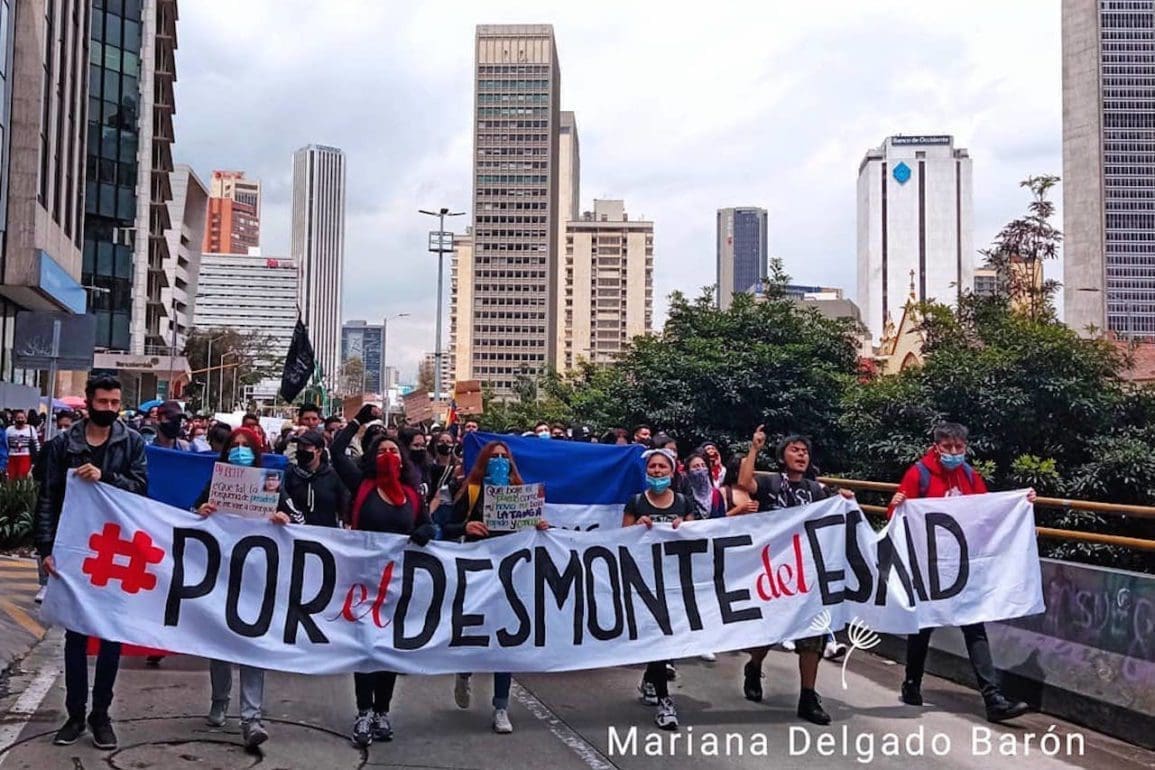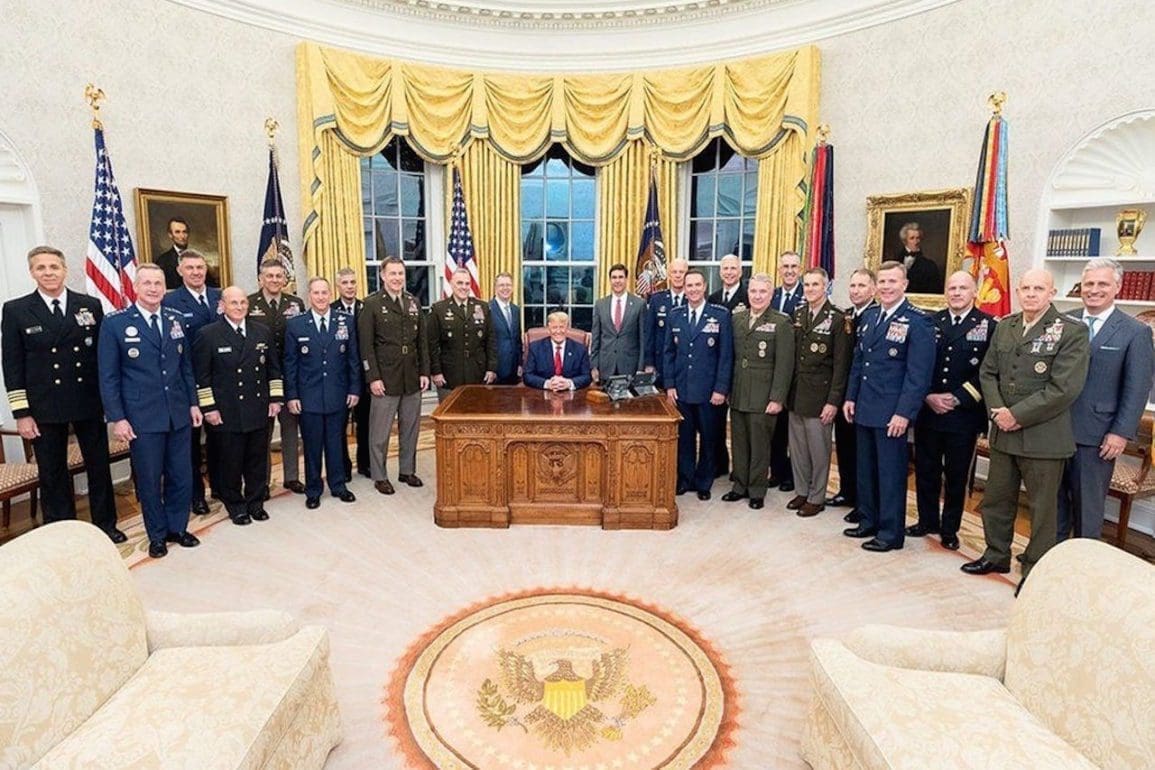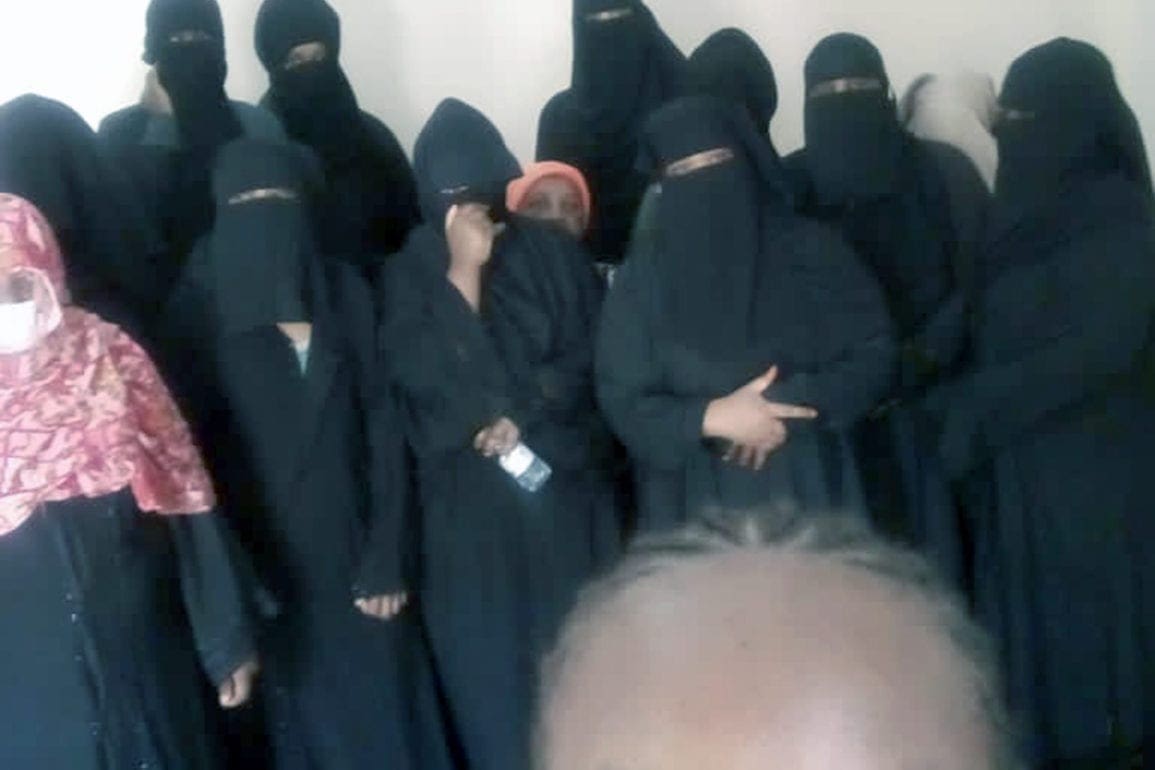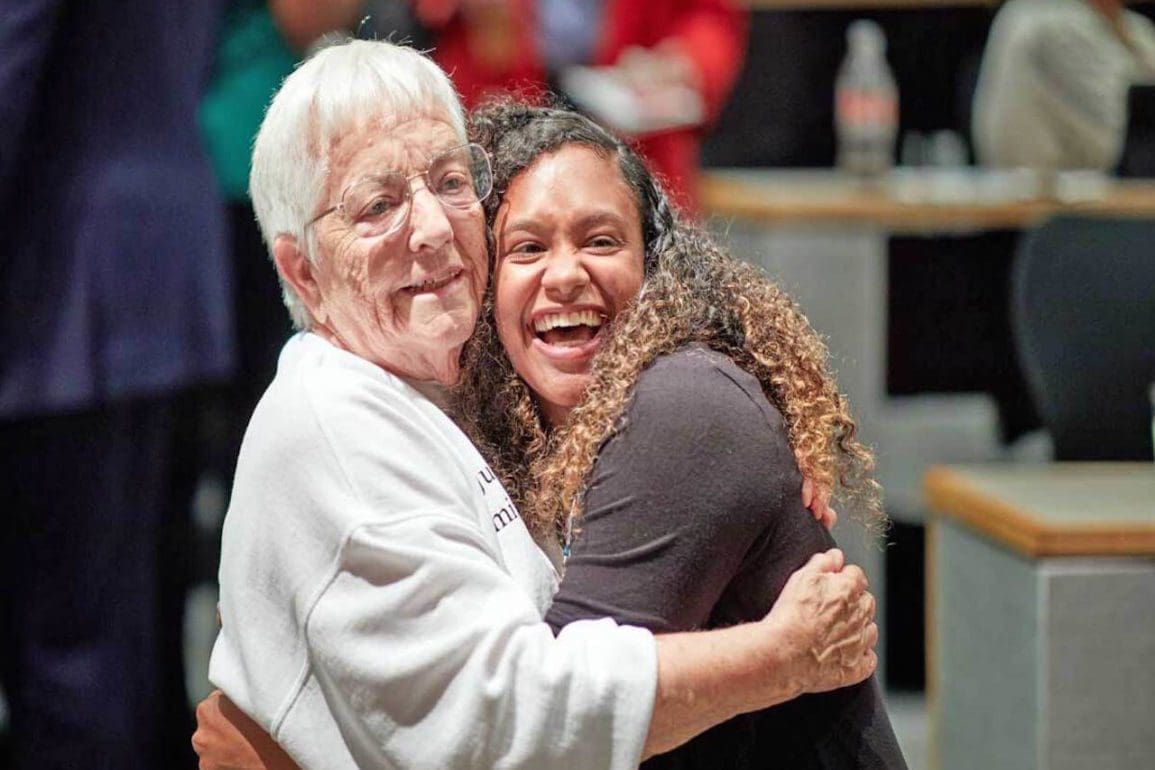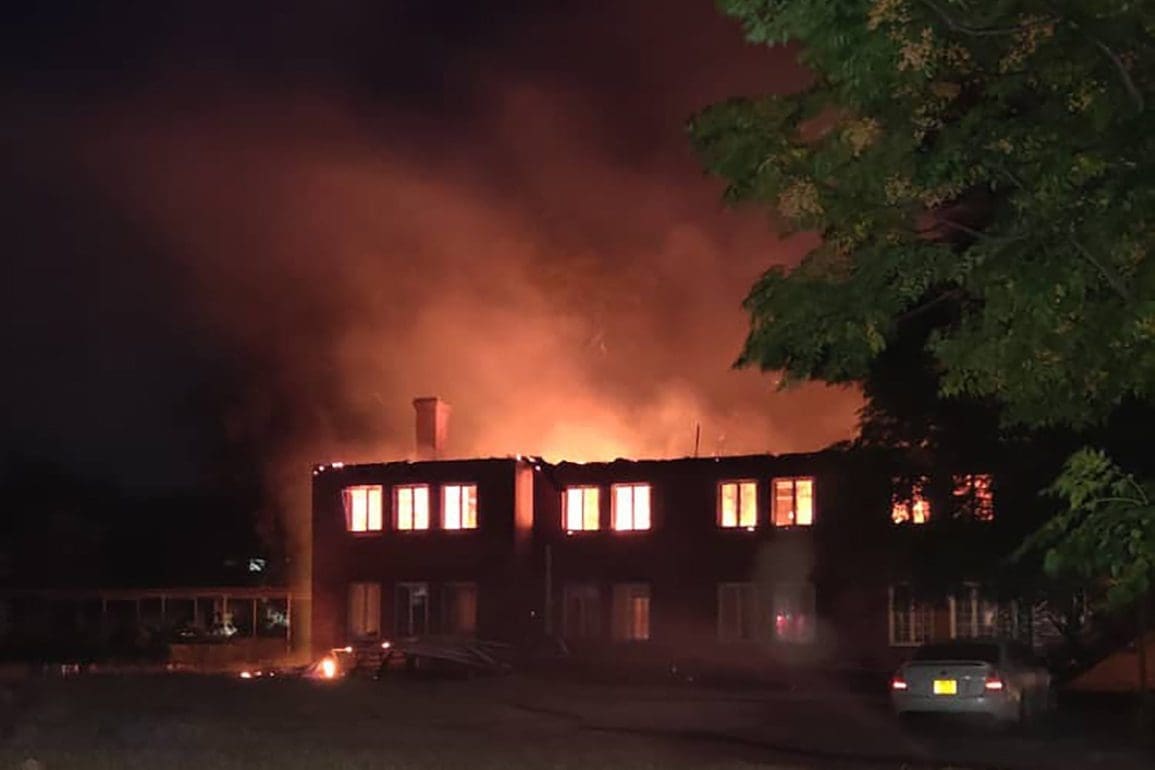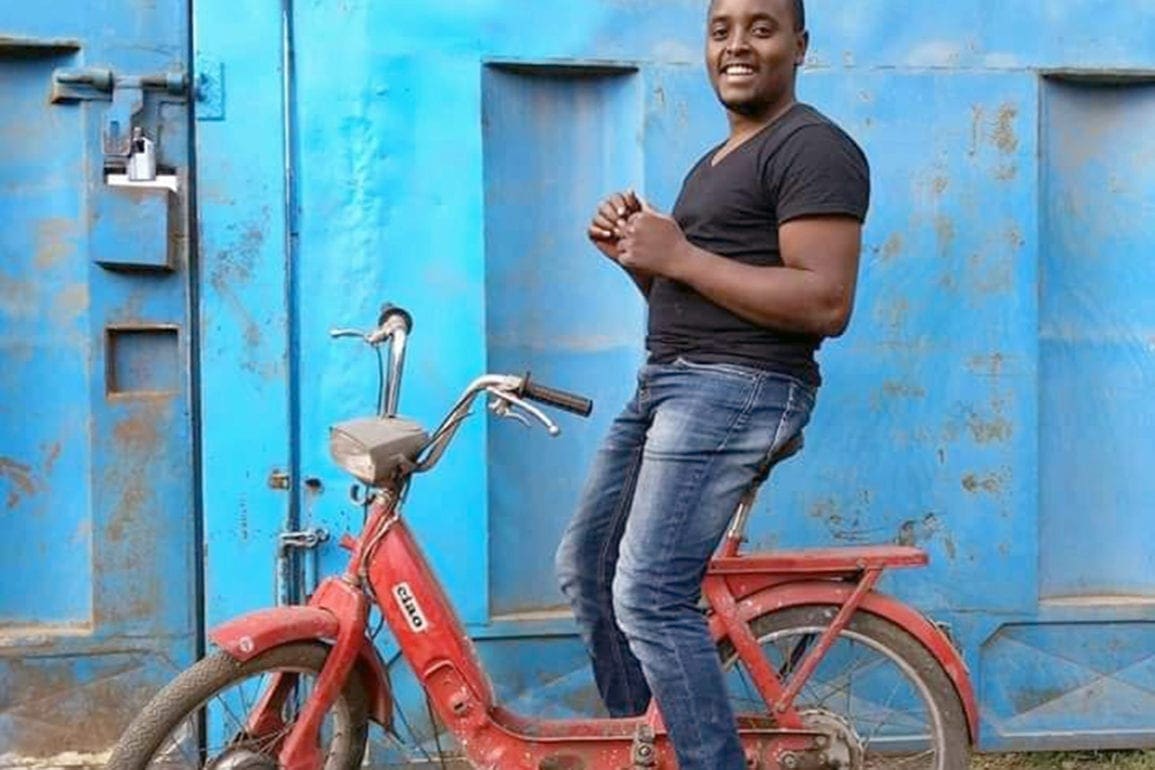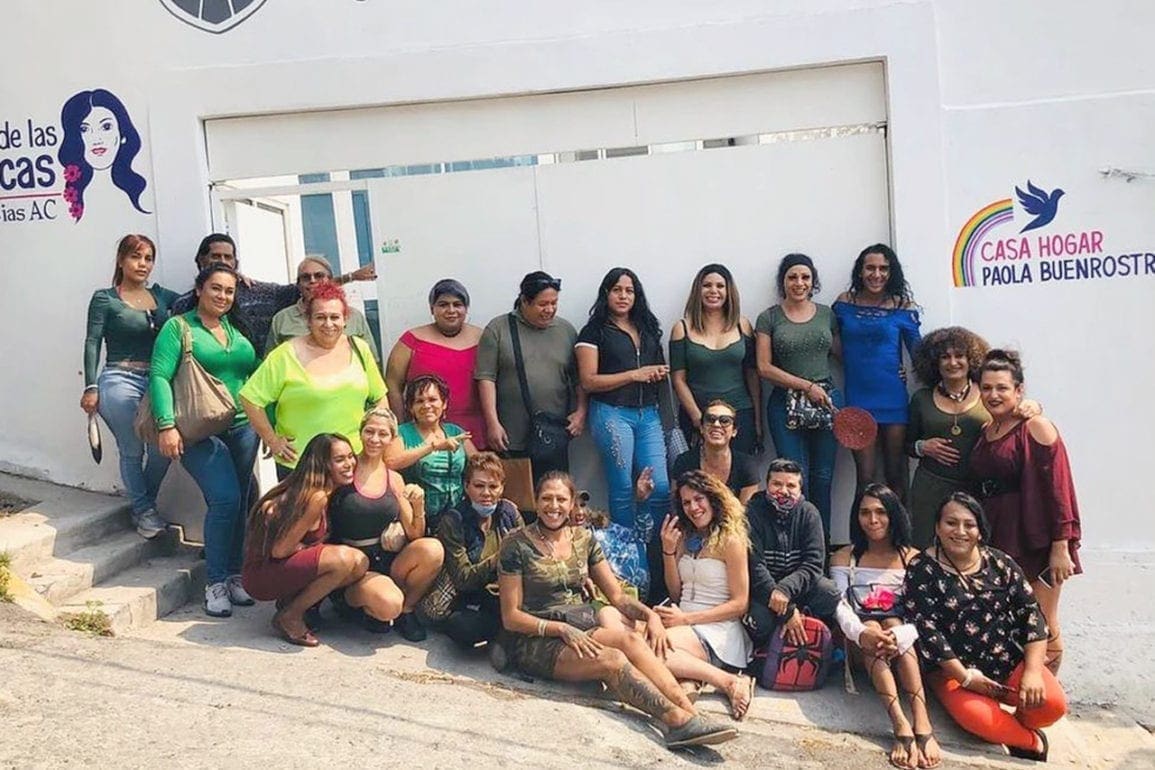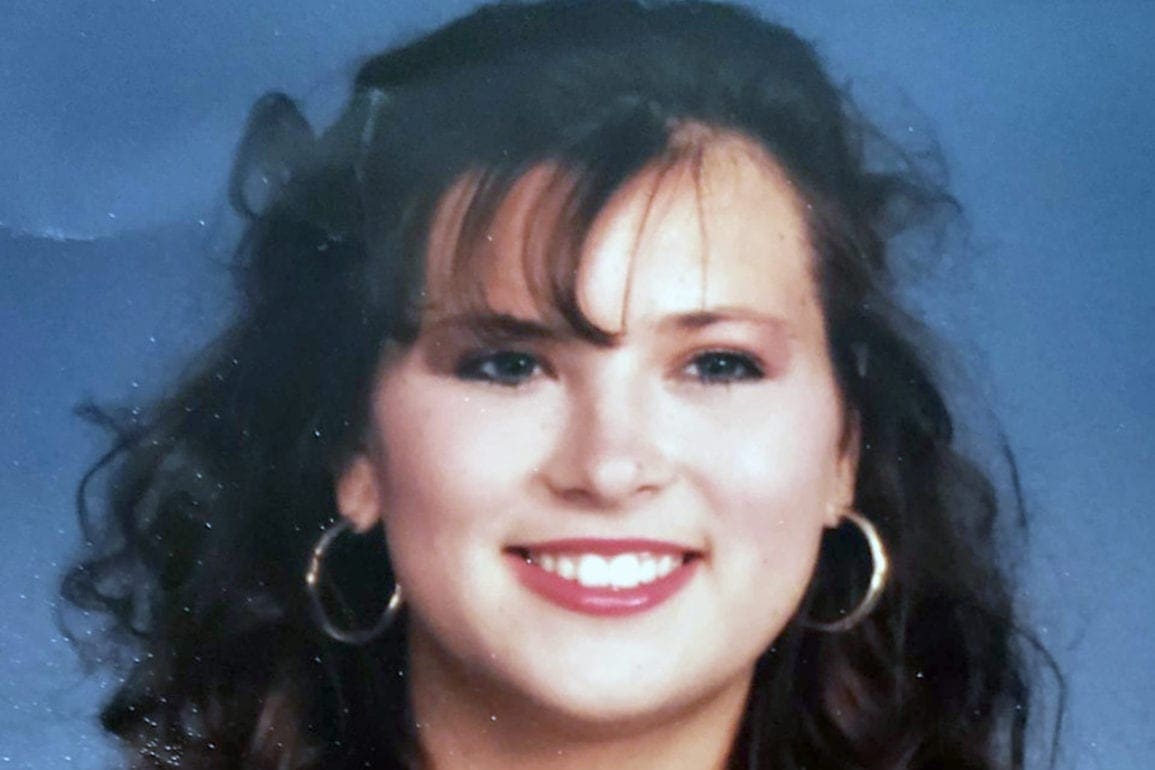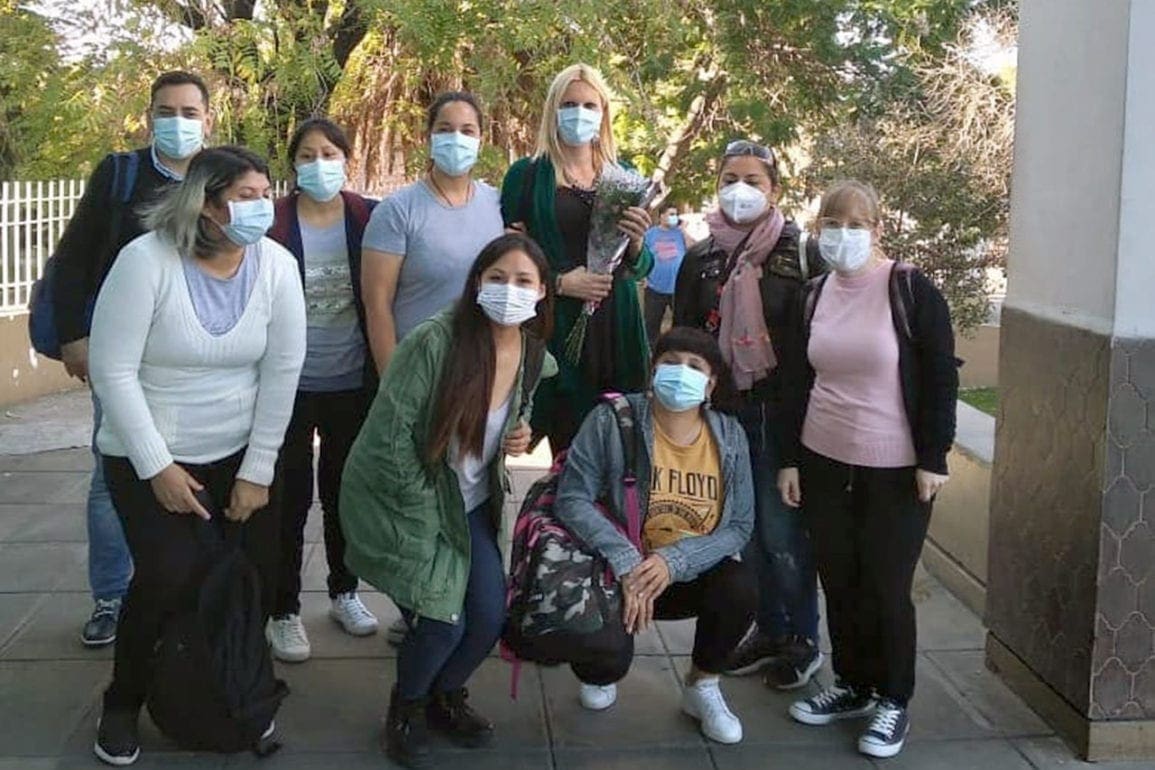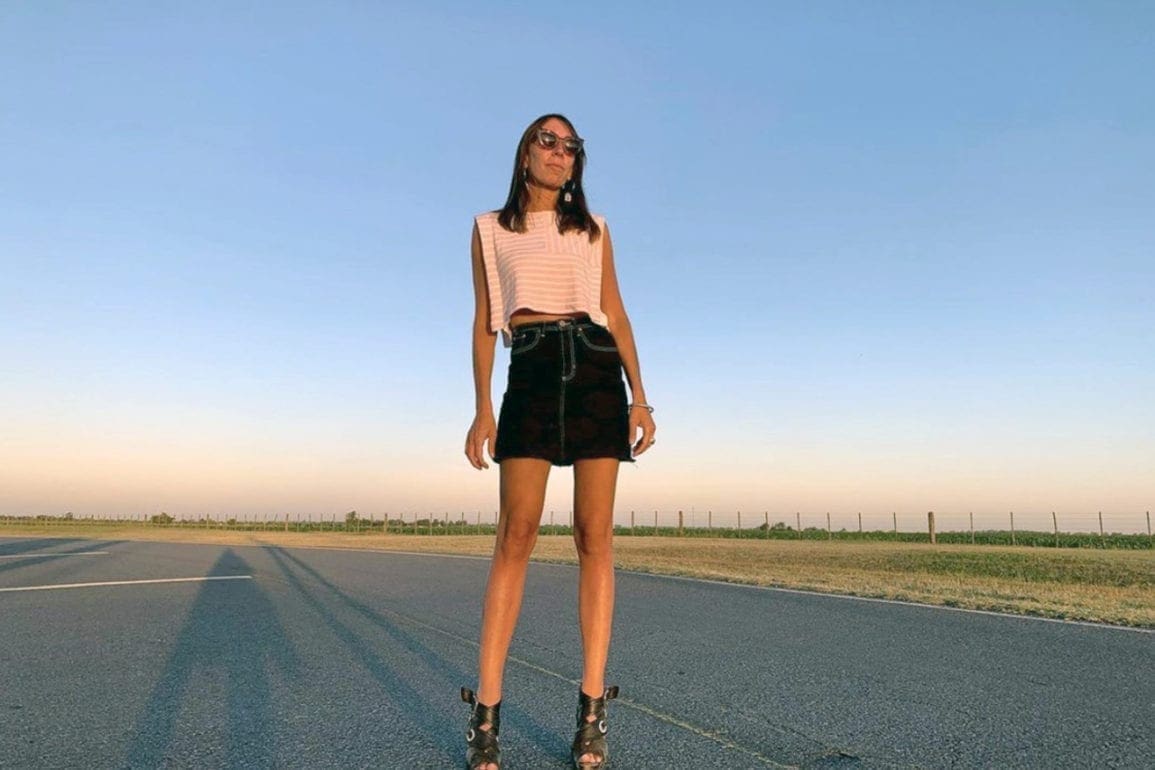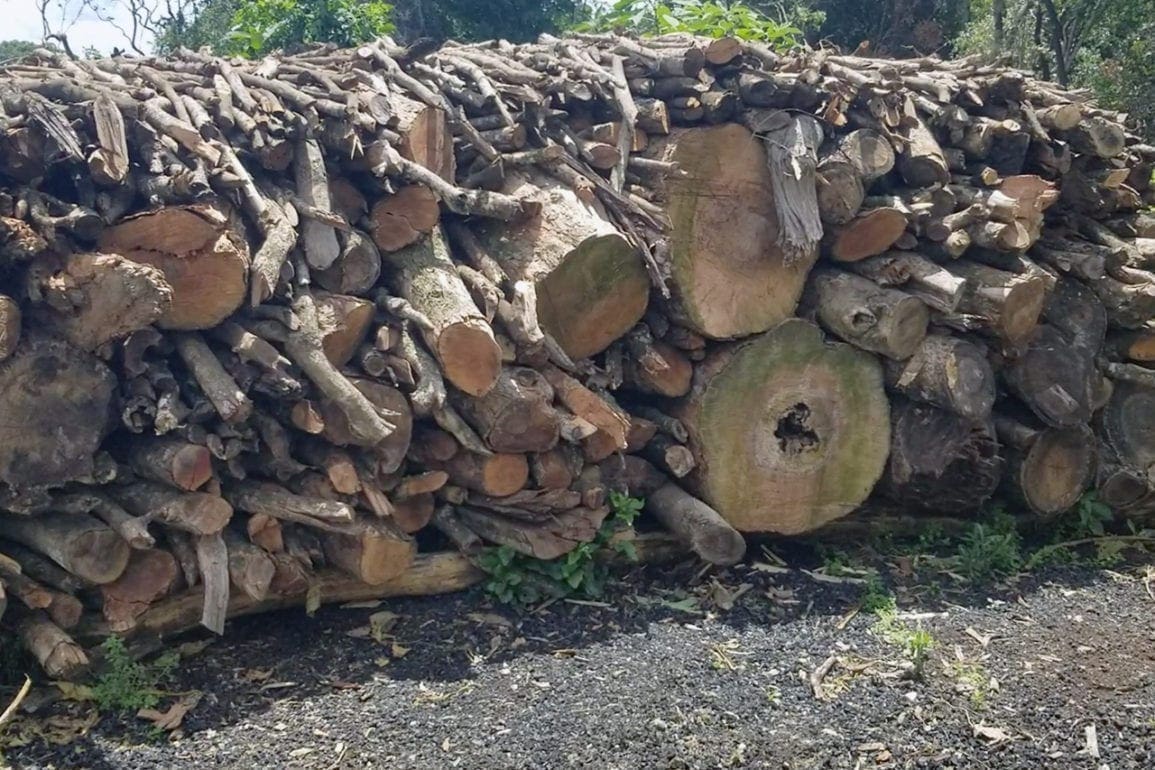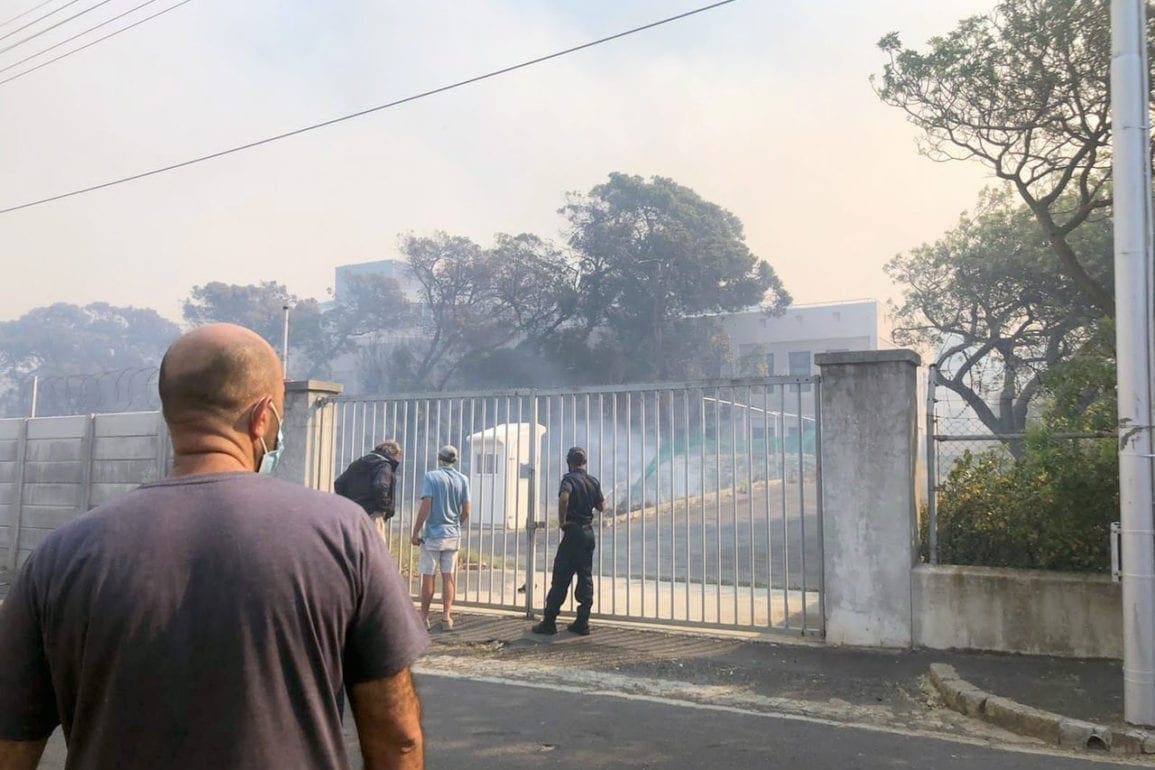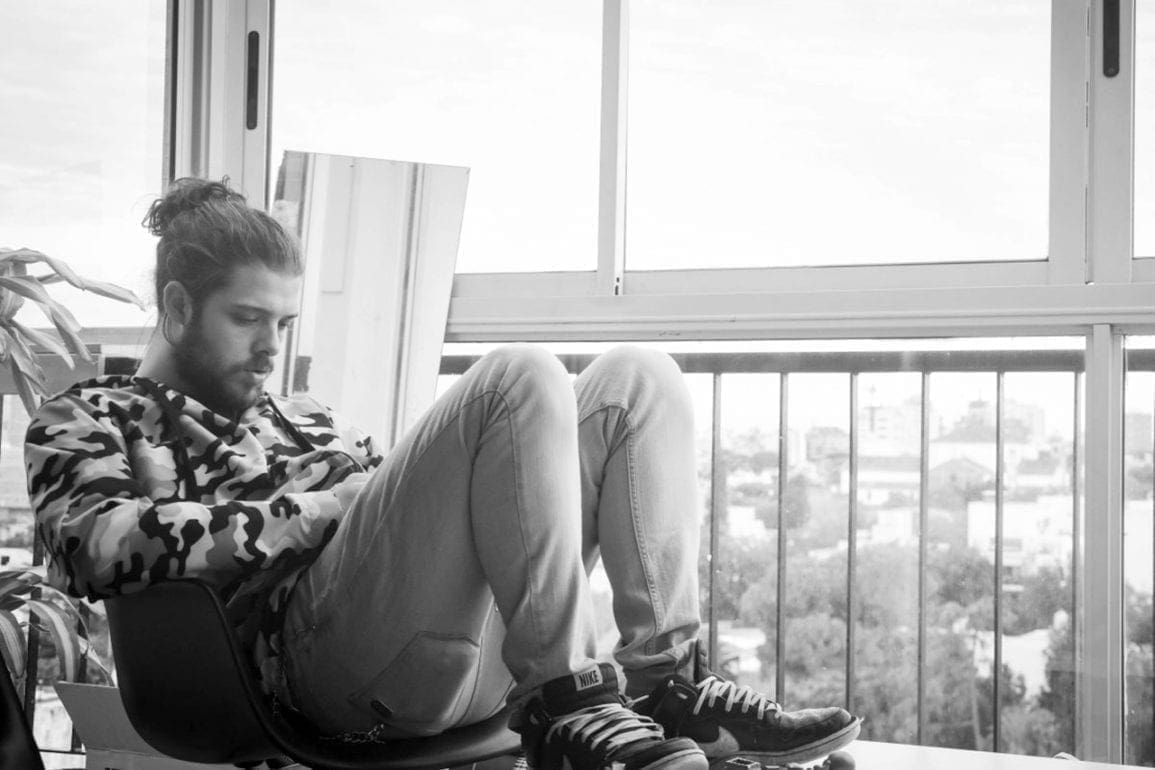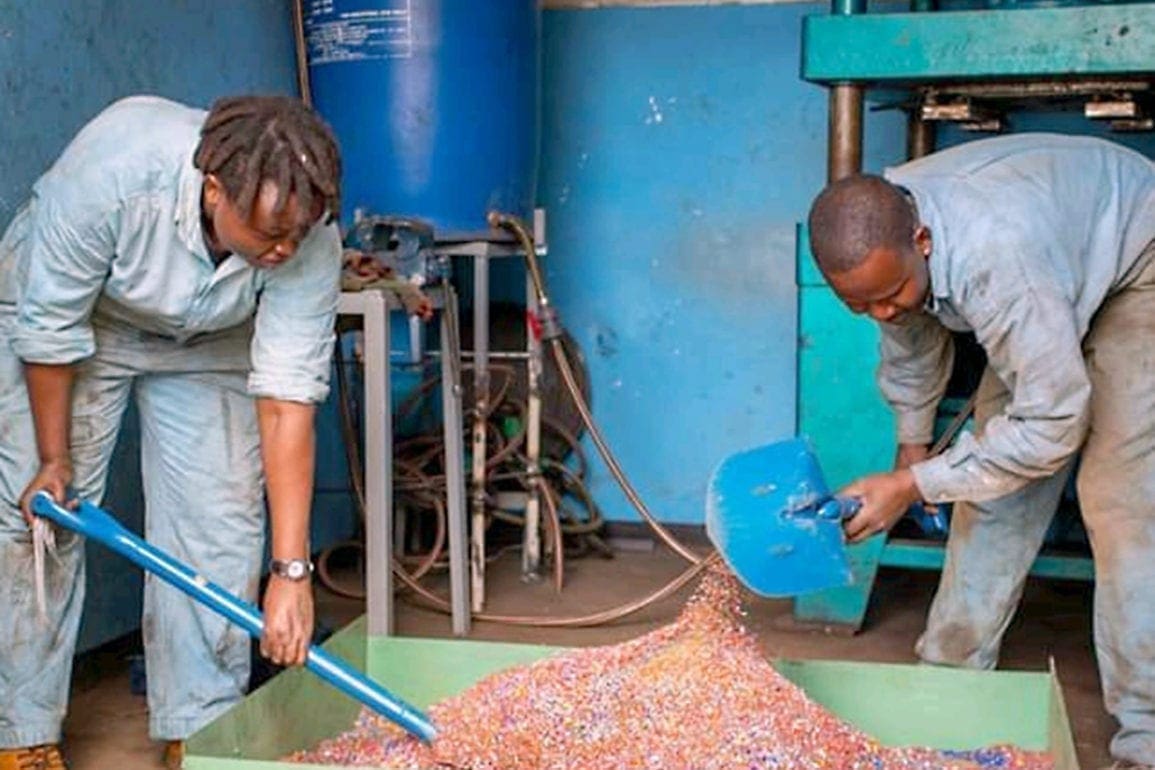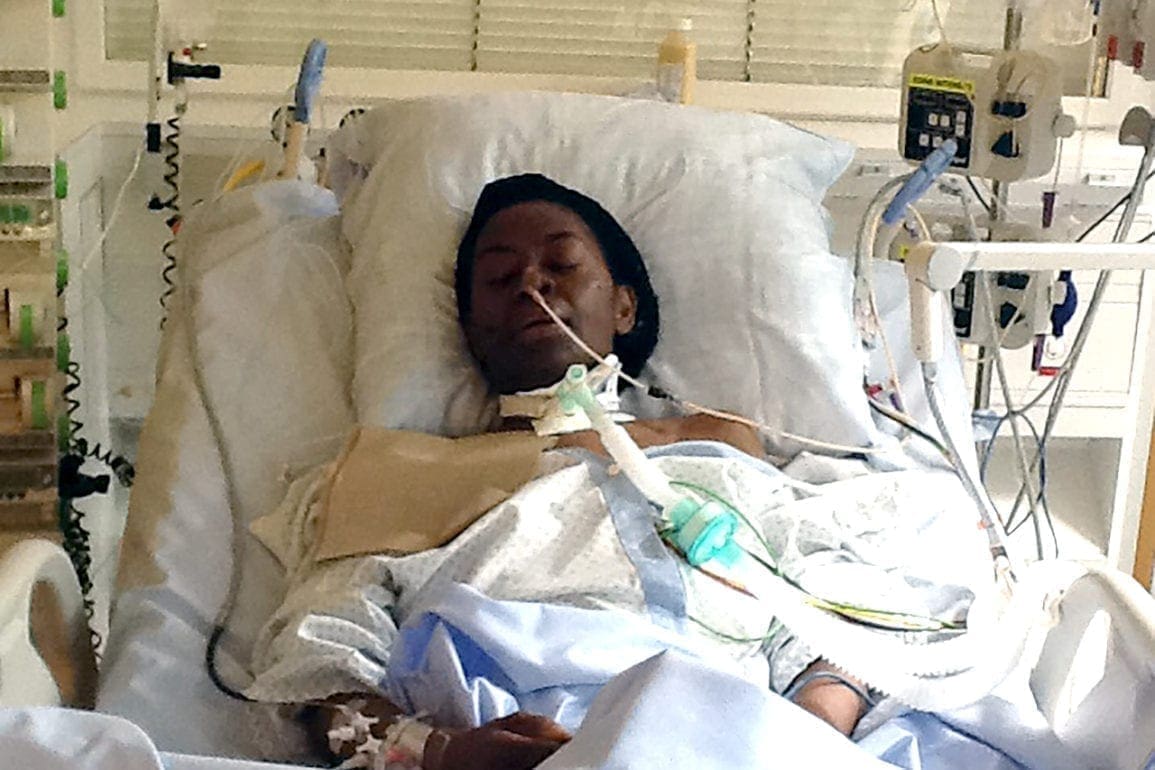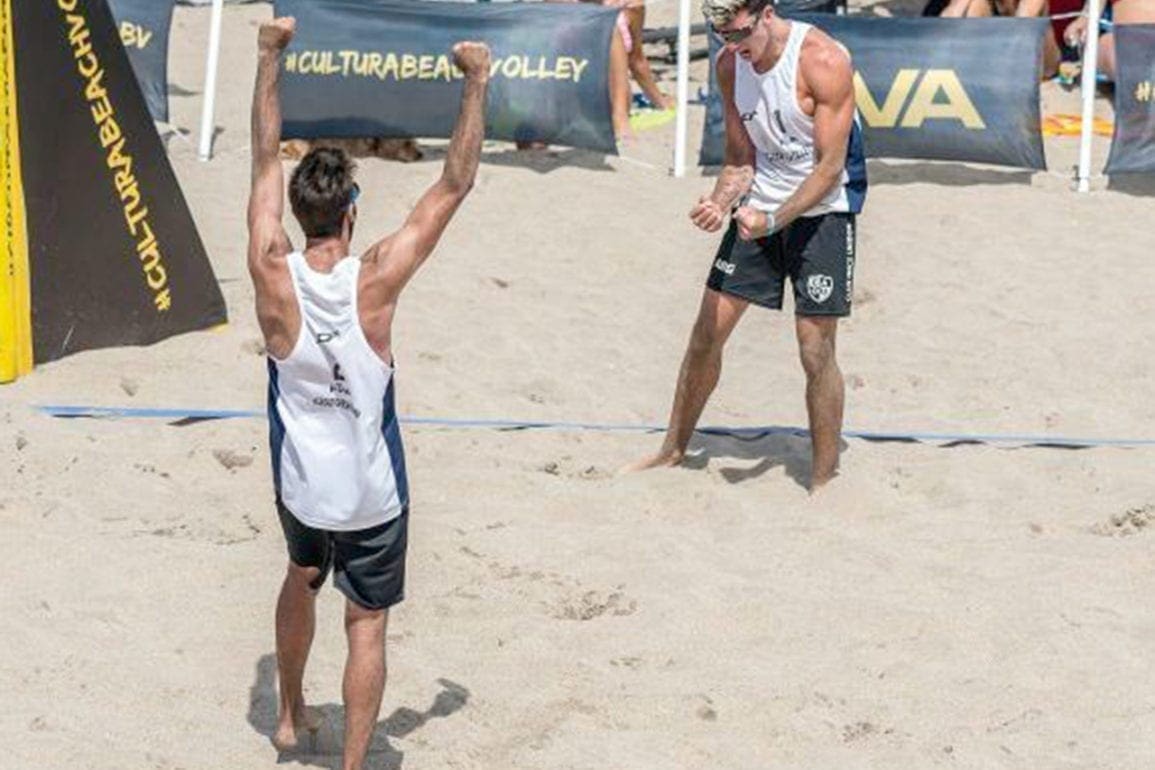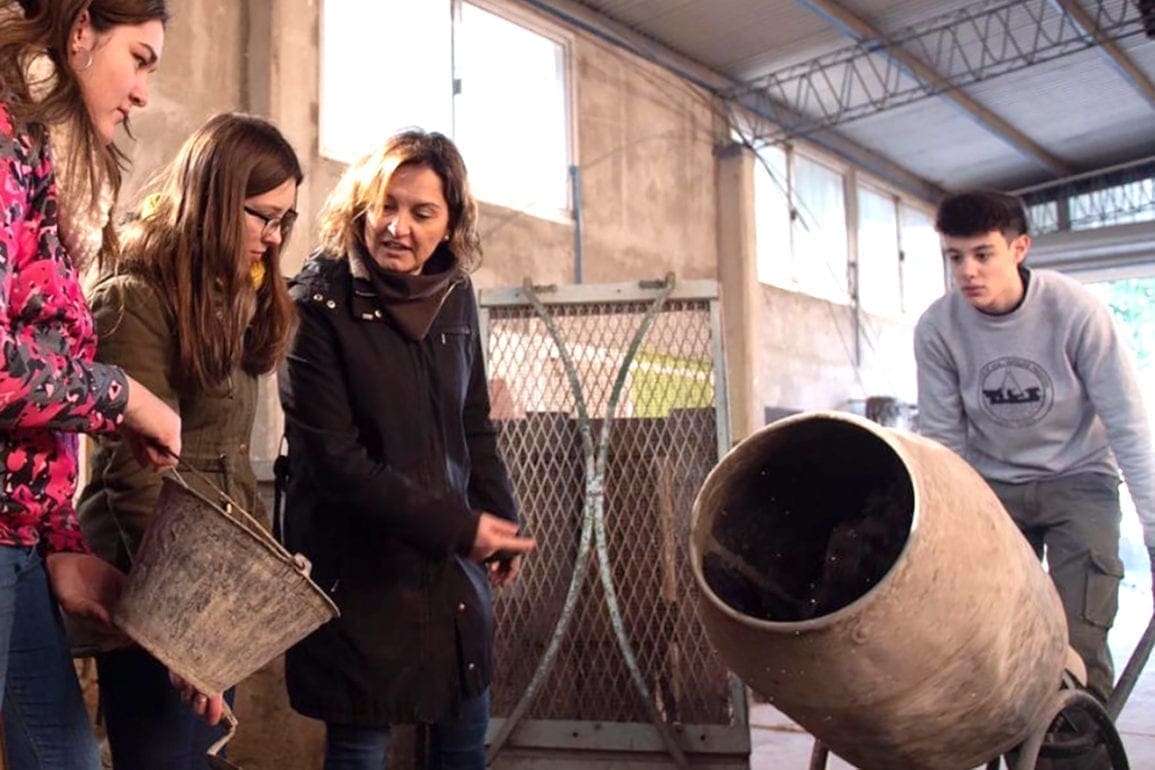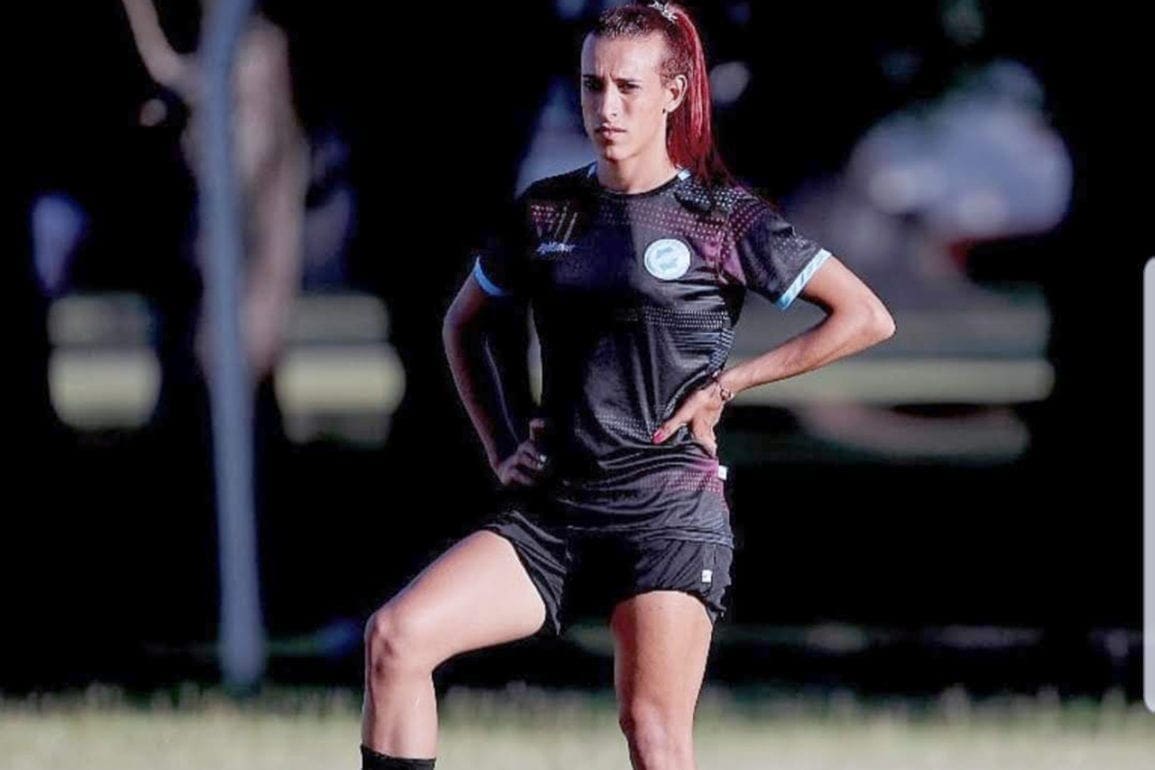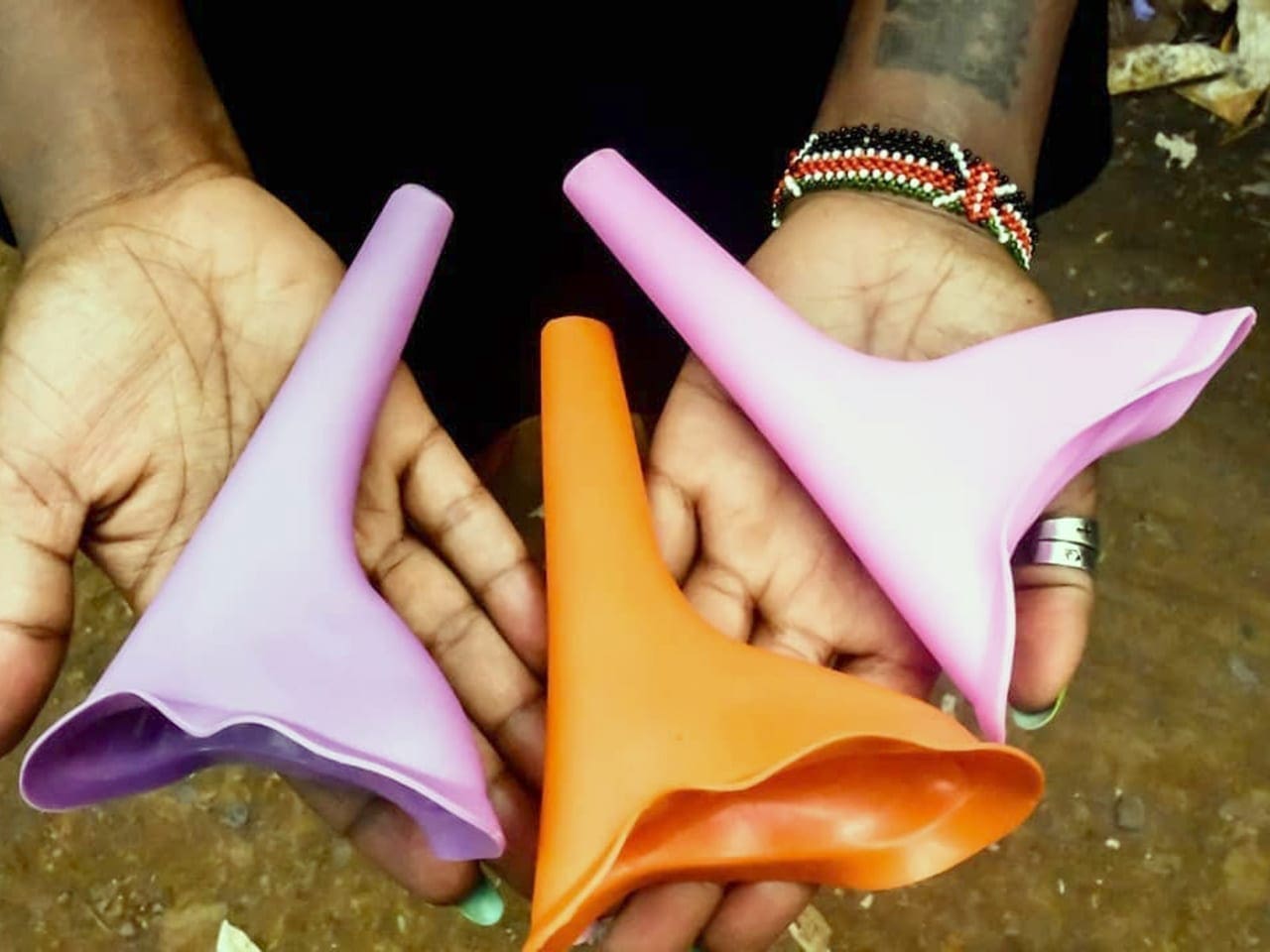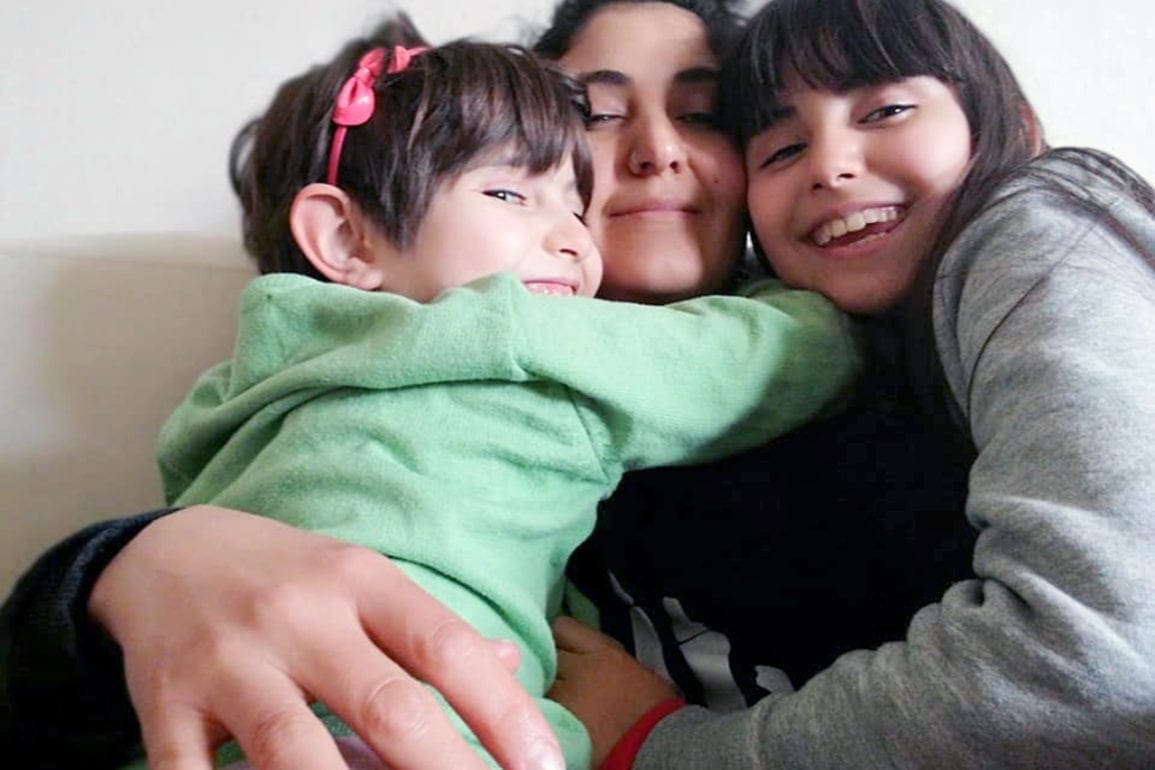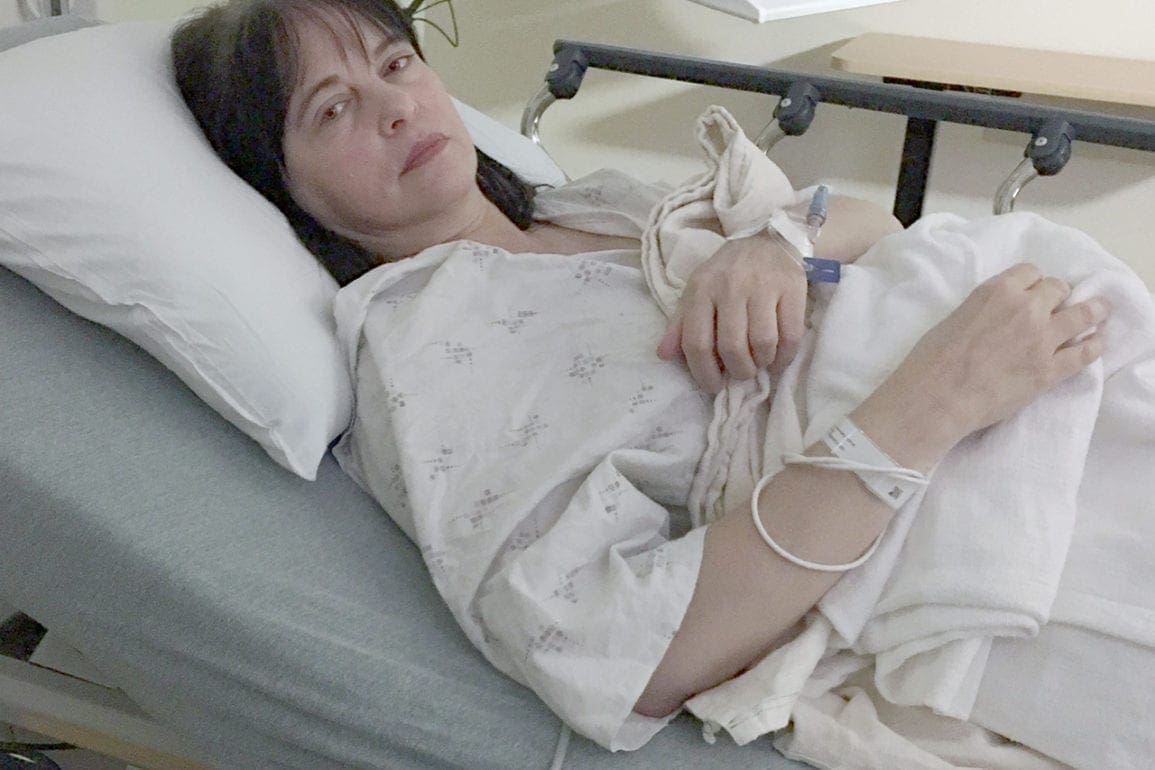Rape, poverty plague Kenyan street families
A chokoraa like me cannot report a rape case and have it followed up, like people with stable homes. Where do you even start when you do not know the person who assaulted you?
- 4 years ago
October 20, 2021
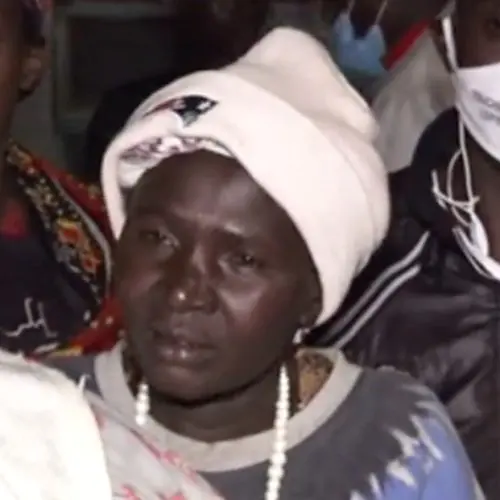
ELDORET, Kenya — In the Lancas slum of Eldoret, they call me “mother of twins.” I landed in the streets as a 14-year-old girl. By the time I was 15, I gave birth to my first daughter. Her father was a “chokoraa,” or a street kid, like me.
Twenty years later, I have 10 children, including two sets of twins. They all entered the world without a home. My eleventh child passed away.
Of my 10 children, I only know the fathers of four.
God cannot deny you everything. I know rich couples who live in mansions and can’t have babies. I have no home, but on the cold streets of Eldoret, I have a fertile womb.
Growing up a chokoraa, we did not go to school. I lack stable work, so my business is to look for food by any means – legal or illegal.
A typical day includes waking up and hitting the streets to beg. I leave my children with the boys of the family. They are not safe.
We return from town with the goods we collected from storage bins and vegetable vendors. We boil our food in metal cans and share a meal.
After eating, we release the boys to beg for money. I will not lie. We sniff glue and drink changaa, a potent, cheap alcohol. These things keep us going on the streets. They help us to sleep when the nights are cold.
The monsters come out at night in Eldoret
Street families can enjoy life during the day, but a night we meet all the monsters – known and unknown.
Ten years ago, open structures under construction served as our homes. These days, most of us sleep on the verandas of Indian shops.
Security officers often chase us away. The good ones let us sleep and sometimes even allow us to light a fire to keep warm at night. Sadly, as the days go by, they often ask the women among us to “keep them warm” with sex.
If we refuse, they often use force or chase us away. I’ve been hunted this way many times. Some girls give of themselves openly to avoid being raped. We use substances to numb ourselves and sleep like the dead. In this way, we do not know what they do to us. We often realize it in the morning.
The older street people also prey on the young female chokoraas. Three or four of them will gang rape the girls at night when only we can see. We watch and feel the girls’ pain but there is nothing we can do.
Sometimes when a young girl agrees to be with a man, he, in turn, invites other men to join him. Girls contract HIV and AIDS. I have taken them to the hospital for sexually transmitted diseases.
In 2019, before COVID-19 hit, I took a girl to Moi Teaching and Referral Hospital. She was suffering from syphilis, but the hospital denied her treatment. The nurse wanted her to bring her boyfriend to be tested and she could not.
The world is against us
From where I sit as a person who has lived almost half of my life in the streets, this issue is not going to be solved today. The world and the government are against us.
A chokoraa like me cannot report a rape case and have it followed up, like people with stable homes. Where do you even start when you do not know the person who assaulted you?
We see the government plays dirty games. When elections are near, those looking for votes come [to the streets] with hundreds of promises. Once they get elected, you never see them again. Their promises are never realized.
At one time, the government, with the support of donors, helped me obtain a house. They paid my rent for two months and even bought me food to last throughout that period.
After the two months, they all vanished without a trace. The landlord asked for the rent. I stayed for free the third and fourth months, then he kicked me out.
Where else could I go, if not there? We are lost people, on our own and living in a different world than everyone else.

